ADHD and Digestive Problems
Attention Deficit Hyperactivity Disorder, or ADHD, is a mental disorder that is characterized by problems with focus, hyperactivity, and impulsiveness. It is one of the most common neuropsychiatric disorders in children and adolescents (1). According to the Centers for Disease Control and Prevention (CDC), about 6% to 16% of children aged 3-17 years have been diagnosed with ADHD as of 2011. Boys are three times more likely to be diagnosed with ADHD than girls.
What classifications does ADHD fall under?
- Neurodevelopmental disorders (1)
- Neuropsychiatric disorder (3)
- Neurobehavioural disorder (4)
Blog Contents
Though Autism Spectrum Disorders and ADHD are two distinct disorders, they share several common features. Both conditions are characterized by difficulties with social interactions, communication, and repetitive behaviors. In addition, both disorders can cause problems with attention and focus. As a result, it is not surprising that there is a significant overlap between the two conditions.
Research has shown that up to 50% of people with autism also meet the diagnostic criteria for ADHD (5). However, it is important to note that the two disorders are not the same. Autism is a developmental disorder that is typically diagnosed in early childhood, while ADHD is a neurobehavioral disorder that can occur at any age. As such, each condition requires its own unique treatment plan. (6)
What Conditions Go Hand-in-Hand with ADHD?
Autism
Anxiety disorder
Depression
Obsessive Compulsive Disorder (OCD)
Learning disabilities
Language delays
Tic disorder
Food sensitivities
Irritable bowel syndrome
Unexplained gastrointestinal symptoms (3,7)
The brain is an amazing organ. It controls our thoughts, emotions, and movements. It allows us to learn and remember information. It even regulates our bodies, making sure that we breathe and our hearts beat. However, the brain is not perfect. Sometimes it doesn't work the way it's supposed to. For example, people with ADHD have brains that are different from the brains of those without ADHD. Communication between the different parts of the brain is limited. This makes it hard for them to concentrate and learn new information. There is no one-size-fits-all approach to treating ADHD. Treatment options include medication, therapy, and lifestyle changes. (8)
Conventional ADHD Treatments
Medication is the most common treatment for ADHD. Stimulant medications such as Ritalin™ and Adderall™ are effective in reducing symptoms of ADHD, but they can also be addictive and have side effects such as weight loss and insomnia (9).
Therapy is another common treatment for ADHD. Therapists can help children learn how to manage their symptoms and improve their self-esteem. Lifestyle changes such as exercise, diet, and sleep hygiene can also help reduce symptoms of ADHD (10).
Treatments for ADHD include:
ADHD medications
Behavioural therapies
Diet and lifestyle changes
Mindfulness meditation
Neurofeedback therapy
Omega-3 fatty acids supplements
ADHD patients are not always children as ADHD may persist into adulthood. It is estimated that about 60 percent of children who have ADHD continue to have symptoms in adulthood. Adults with ADHD may struggle with issues such as poor time management, procrastination, impulsiveness, difficulty focusing, and chronic stress. They are also at risk for addiction, anxiety, and depression. (10)
ADHD and Gut Health
It is well-known that those with ADHD often have difficulty paying attention and may be easily distracted. What is less well-known is that ADHD can be linked to digestive issues. The brain plays an important role in regulating the digestive system, and research has demonstrated that people with ADHD often have trouble with brain-gut communication. (3, 11, 12)
As a result, they may experience symptoms such as abdominal pain, diarrhoea, constipation, and heartburn. In some cases, these symptoms can be so severe that they interfere with daily activities. If you have ADHD and are experiencing digestive issues, it is important to talk to your doctor to find out if there are any treatment options available to you. (13, 14)
The Gut-Brain-Connection
Scientists are still trying to understand all of the ways in which gut health and mental health are connected, but there is evidence to suggest that people with ADHD may be more likely to experience gut problems (15). In recent years, "leaky gut syndrome" started to get blamed for allowing bacteria and other toxins to enter the bloodstream, causing inflammation and contributing to ADHD symptoms including anxiety-like behaviour. (16, 17)
Numerous studies have also found that people with ADHD are more likely to have gastrointestinal disorders, such as celiac disease, inflammatory bowel disease, and food allergies (18). In addition, they are also more likely to have imbalances in the levels of beneficial bacteria and bad bacteria in their gut. These imbalances can lead to inflammation, which has been linked to ADHD symptoms. Therefore, supporting gut health may help to reduce the symptoms of ADHD. (19,20)
Probiotics, for example, can help to restore balance to the gut flora and reduce inflammation. In addition, eliminating foods that trigger inflammation, such as gluten and lactose, may also help to ease symptoms by regulating the immune response. By taking these steps, you can help to promote gut health and possibly reduce the severity of ADHD symptoms. (21)
In addition, some research has shown that gut microbiome may play a role in the production of neurotransmitters, which could further explain why gut health is so closely linked to mental health. More research is needed to understand the exact relationship between gut microbiota, the immune system and ADHD, but it is clear that there is a connection between the three.
Dietary Support for Children with ADHD
Studies have shown that certain foods can trigger or intensify ADHD symptoms. For this reason, many experts recommend avoiding processed foods, artificial additives, and refined sugars. In addition, some children with ADHD may benefit from eliminating gluten or dairy from their diet. While there are no definitive dietary guidelines for treating ADHD, making small changes to your child's diet may help to improve symptoms.
Natural Ingredients for ADHD Support
There is a range of evidence-based supplements that can help to support ADHD. These include omega-3 fatty acids, which are essential for brain function and have been shown to be particularly beneficial for people with ADHD.
Other helpful nutrients include zinc, iron, magnesium, and vitamin B6 (22, 23). In addition, certain herbs and botanicals have also been shown to be helpful for ADHD symptoms. These include ginkgo biloba, passionflower, and green tea. While supplements can be helpful for supporting ADHD, it is important to work with a doctor or qualified health professional to ensure that they are safe and effective for individual needs. (24, 24)
How do Omega-3 fatty acids Support ADHD?
Omega-3 fatty acids are a type of unsaturated fat that is essential for good health. The body needs omega-3 fatty acids to build cell membranes and to produce hormones. Omega-3 fatty acids are also involved in inflammation and immune function. Many people take omega-3 supplements for their health benefits, but there is some evidence that they may also help to support patients with ADHD. (26)
One study found that children with ADHD who took omega-3 supplements had improved symptoms compared to those who did not take the supplements. Omega-3 fatty acids are thought to help ADHD by promoting brain development and improving communication between brain cells. They may also help to reduce impulsive behaviour and improve mood. more research is needed to confirm the efficacy of omega-3 supplements for treating ADHD, but they may be worth considering for children and adults with the condition. (27)
How do Omega-3 fatty acids Support Gut Health?
Omega-3s are essential for good health, and they have been shown to support gut health in a number of ways (3). First, omega-3 fatty acids help to reduce inflammation throughout the body, including in the digestive tract. Second, they play a role in maintaining the integrity of the gut barrier, which helps to prevent harmful bacteria and toxins from entering the bloodstream. Finally, omega-3 fatty acids promote the growth of beneficial gut bacteria, which are important for digestion and overall health. Therefore, including omega-3 fatty acids in your diet is a simple and effective way to support gut health. (27)
Botanicals that Help with ADHD
Ginkgo biloba is a herb that has been used for centuries in traditional Chinese medicine to improve cognitive function. There is some evidence that ginkgo biloba may be effective in reducing some of the symptoms of ADHD (28). This herb is thought to work by increasing blood flow to the brain and by protecting nerve cells from damage. Ginkgo biloba may also help to improve symptoms of anxiety and depression, which are often comorbid with ADHD. (29, 30)
Saffron is a spice derived from the crocus flower, has been used for centuries in traditional medicine to improve cognitive function. There is some evidence that saffron may be effective in reducing symptoms of ADHD. Saffron contains crocin and crocetin, which are both believed to have antioxidant and anti-inflammatory properties (31).
Saffron is thought to be a possibly effective treatment for ADHD by increasing neurotransmitters in the brain. neurotransmitters are responsible for carrying messages between neurons. They are also involved in regulating mood, sleep, and appetite. Low levels of neurotransmitters have been linked to depression and anxiety (32). Saffron may help to increase neurotransmitter levels by inhibiting the reuptake of serotonin and norepinephrine. This action increases the amount of these neurotransmitters available to the brain, which can improve symptoms of ADHD. In addition, saffron has also been shown to improve cognitive function and reduce impulsivity in people with ADHD. A short-term study found that saffron supplementation had an efficacy comparable to stimulant pharmaceuticals for patients with ADHD(33).
Bacopa is a herb that has been used in traditional Indian medicine for centuries. There is some evidence that bacopa may be effective in reducing symptoms of ADHD. Bacopa contains saponins and bacosides, which are believed to have antioxidant and anti-inflammatory properties (34). It is traditionally used to help with the memorization of long texts and may be supportive for both memory and neuron development.
These supplements are regarded as relatively safe and have few side effects. Under the care of a healthcare provider, some of them can be used in addition to medication or therapy, or on their own to help manage symptoms of ADHD. (Please note that checking for drug-nutrient interactions is a critical part of safety).
If you are considering using natural supplements for ADHD, talk to your doctor first to make sure they are the right choice for you (35, 36).
Other Therapeutic Options for ADHD
Mindfulness meditation has been shown to be helpful in improving focus and attention, as well as reducing stress and anxiety. (37)
Finally, another option is neurofeedback therapy. This is a type of therapy that uses EEG signals to help people learn how to control their brain waves. It has been shown to be effective in reducing symptoms of ADHD. (38)
Article References
Fletcher J, Wolfe B. Child mental health and human capital accumulation: the case of ADHD revisited. Journal of health economics. 2008 May 1;27(3):794-800.
Centers for Disease Control and Prevention (CDC. Mental health in the United States. Prevalence of diagnosis and medication treatment for attention-deficit/hyperactivity disorder--United States, 2003. MMWR. Morbidity and mortality weekly report. 2005 Sep 2;54(34):842-7.
Mathee K, Cickovski T, Deoraj A, Stollstorff M, Narasimhan G. The gut microbiome and neuropsychiatric disorders: implications for attention deficit hyperactivity disorder (ADHD). Journal of medical microbiology. 2020 Jan;69(1):14.
Seymour KE, Reinblatt SP, Benson L, Carnell S. Overlapping neurobehavioral circuits in ADHD, obesity, and binge eating: evidence from neuroimaging research. CNS spectrums. 2015 Aug;20(4):401-11.
Taurines R, Schwenck C, Westerwald E, Sachse M, Siniatchkin M, Freitag C. ADHD and autism: differential diagnosis or overlapping traits? A selective review. ADHD Attention Deficit and Hyperactivity Disorders. 2012 Sep;4(3):115-39.
Mayes SD, Calhoun SL, Mayes RD, Molitoris S. Autism and ADHD: Overlapping and discriminating symptoms. Research in Autism Spectrum Disorders. 2012 Jan 1;6(1):277-85.
Jensen PS, Hinshaw SP, Kraemer HC, Lenora N, Newcorn JH, Abikoff HB, March JS, Arnold LE, Cantwell DP, Conners CK, Elliott GR. ADHD comorbidity findings from the MTA study: comparing comorbid subgroups. Journal of the American Academy of Child & Adolescent Psychiatry. 2001 Feb 1;40(2):147-58.
Pelham Jr WE, Gnagy EM. Psychosocial and combined treatments for ADHD. Mental retardation and developmental disabilities research reviews. 1999;5(3):225-36.
Boland H, DiSalvo M, Fried R, Woodworth KY, Wilens T, Faraone SV, Biederman J. A literature review and meta-analysis on the effects of ADHD medications on functional outcomes. Journal of Psychiatric Research. 2020 Apr 1;123:21-30.
Weiss M, Murray C, Wasdell M, Greenfield B, Giles L, Hechtman L. A randomized controlled trial of CBT therapy for adults with ADHD with and without medication. BMC psychiatry. 2012 Dec;12(1):1-8.
Szopinska-Tokov J, Dam S, Naaijen J, Konstanti P, Rommelse N, Belzer C, Buitelaar J, Franke B, Bloemendaal M, Aarts E, Arias Vasquez A. Investigating the gut microbiota composition of individuals with attention-deficit/hyperactivity disorder and association with symptoms. Microorganisms. 2020 Mar 13;8(3):406.
Pan PY, Bölte S. The association between ADHD and physical health: a co-twin control study. Scientific Reports. 2020 Dec 28;10(1):1-3.
ALONSO CANAL LA, CARRERAS SÁEZ IN, Fournier del Castill MD, Asensio Antón J, de Prada Vicente I, Isasi Zaragoza C, Tejada Gallego JJ, Martínez-Gómez MJ. Gluten-Free Diet for the Treatment of ADHD; Pilot Study. OBM Neurobiology. 2019 Apr;3(2):1-.
Abdul AL. The Children with Attention-Deficit/Hyperactivity Disorder (ADHD) More Likely Creates to Irritable Bowel Syndrome. Indian Journal of Forensic Medicine & Toxicology. 2020 Jul 30;14(3):919-24.
Curtis LT, Patel K. Nutritional and environmental approaches to preventing and treating autism and attention deficit hyperactivity disorder (ADHD): a review. The Journal of Alternative and Complementary Medicine. 2008 Jan 1;14(1):79-85.
Al-Ayadhi L, Zayed N, Bhat RS, Moubayed N, Al-Muammar MN, El-Ansary A. The use of biomarkers associated with leaky gut as a diagnostic tool for early intervention in autism spectrum disorder: a systematic review. Gut pathogens. 2021 Dec;13(1):1-6.
Luna RA, Foster JA. Gut brain axis: diet microbiota interactions and implications for modulation of anxiety and depression. Current opinion in biotechnology. 2015 Apr 1;32:35-41.
Ertürk E, Wouters S, Imeraj L, Lampo A. Association of ADHD and celiac disease: what is the evidence? A systematic review of the literature. Journal of attention disorders. 2020 Aug;24(10):1371-6.
Niederhofer H, Pittschieler K. A preliminary investigation of ADHD symptoms in persons with celiac disease. Journal of Attention Disorders. 2006 Nov;10(2):200-4.
Niederhofer H. Association of attention-deficit/hyperactivity disorder and celiac disease: a brief report. The primary care companion for CNS disorders. 2011 Jun 16;13(3):26667.
Checa-Ros A, Jeréz-Calero A, Molina-Carballo A, Campoy C, Muñoz-Hoyos A. Current evidence on the role of the gut microbiome in ADHD pathophysiology and therapeutic implications. Nutrients. 2021 Jan 16;13(1):249.
Bloch MH, Mulqueen J. Nutritional supplements for the treatment of ADHD. Child and Adolescent Psychiatric Clinics. 2014 Oct 1;23(4):883-97.
Lange KW, Hauser J, Lange KM, Makulska-Gertruda E, Nakamura Y, Reissmann A, Sakaue Y, Takano T, Takeuchi Y. The role of nutritional supplements in the treatment of ADHD: what the evidence says. Current psychiatry reports. 2017 Feb;19(2):1-9.
Greenblatt J. Nutritional supplements in ADHD. Journal of the American Academy of Child & Adolescent Psychiatry. 1999 Oct 1;38(10):1209-10.
Mallya R, Naik B, Momin M. Application of Herbs and Dietary Supplements in ADHD Management. CNS & Neurological Disorders-Drug Targets (Formerly Current Drug Targets-CNS & Neurological Disorders). 2022.
D’Helft J, Caccialanza R, Derbyshire E, Maes M. Relevance of ω-6 GLA Added to ω-3 PUFAs Supplements for ADHD: A Narrative Review. Nutrients. 2022 Aug 10;14(16):3273.
Alshammari MA, Watson RR. The effectiveness of fish oil as a treatment for ADHD. InOmega-3 Fatty Acids in Brain and Neurological Health 2014 Jan 1 (pp. 187-199). Academic Press.
Lange KW. Micronutrients and diets in the treatment of attention-deficit/hyperactivity disorder: chances and pitfalls. Frontiers in Psychiatry. 2020 Feb 26;11:102.
Sharma G, Sharma N, Nguyen BT, Jeong JH, Nah SY, Yoneda Y, Shin EJ, Kim HC. Protective Potential of Ginkgo biloba Against an ADHD-like Condition. Current Molecular Pharmacology. 2021 Apr 1;14(2):200-9.
Shakibaei F, Radmanesh M, Salari E, Mahaki B. Ginkgo biloba in the treatment of attention-deficit/hyperactivity disorder in children and adolescents. A randomized, placebo-controlled, trial. Complementary therapies in clinical practice. 2015 May 1;21(2):61-7.
Ross SM. Saffron (Crocus sativus L.): A Phytomedicine as Effective as Methylphenidate in Treating ADHD in Children. Holistic nursing practice. 2020 Jan 1;34(1):65-7.
Blasco-Fontecilla H, Moyano-Ramírez E, Méndez-González O, Rodrigo-Yanguas M, Martin-Moratinos M, Bella-Fernández M. Effectivity of Saffron Extract (Saffr’Activ) on Treatment for Children and Adolescents with Attention Deficit/Hyperactivity Disorder (ADHD): A Clinical Effectivity Study. Nutrients. 2022 Sep 28;14(19):4046.
Baziar S, Aqamolaei A, Khadem E, Mortazavi SH, Naderi S, Sahebolzamani E, Mortezaei A, Jalilevand S, Mohammadi MR, Shahmirzadi M, Akhondzadeh S. Crocus sativus L. versus methylphenidate in treatment of children with attention-deficit/hyperactivity disorder: A randomized, double-blind pilot study. Journal of child and adolescent psychopharmacology. 2019 Apr 1;29(3):205-12.
Dave UP, Dingankar SR, Saxena VS, Joseph JA, Bethapudi B, Agarwal A, Kudiganti V. An open-label study to elucidate the effects of standardized Bacopa monnieri extract in the management of symptoms of attention-deficit hyperactivity disorder in children. Advances in mind-body medicine. 2014 Mar 1;28(2):10-5.
Kean JD, Kaufman J, Lomas J, Goh A, White D, Simpson D, Scholey A, Singh H, Sarris J, Zangara A, Stough C. A randomized controlled trial investigating the effects of a special extract of Bacopa monnieri (CDRI 08) on hyperactivity and inattention in male children and adolescents: BACHI Study Protocol (ANZCTRN12612000827831). Nutrients. 2015 Dec 2;7(12):9931-45.
Kean JD, Downey LA, Sarris J, Kaufman J, Zangara A, Stough C. Effects of Bacopa monnieri (CDRI 08®) in a population of males exhibiting inattention and hyperactivity aged 6 to 14 years: A randomized, double‐blind, placebo‐controlled trial. Phytotherapy Research. 2022 Feb;36(2):996-1012.
Rush KS, Golden ME, Mortenson BP, Albohn D, Horger M. The effects of a mindfulness and biofeedback program on the on-and off-task behaviors of students with emotional behavioral disorders. Contemporary School Psychology. 2017 Dec;21(4):347-57.
Bigelow H, Gottlieb MD, Ogrodnik M, Graham JD, Fenesi B. The differential impact of acute exercise and mindfulness meditation on executive functioning and psycho-emotional well-being in children and youth with ADHD. Frontiers in psychology. 2021 Jun 14;12:660845.







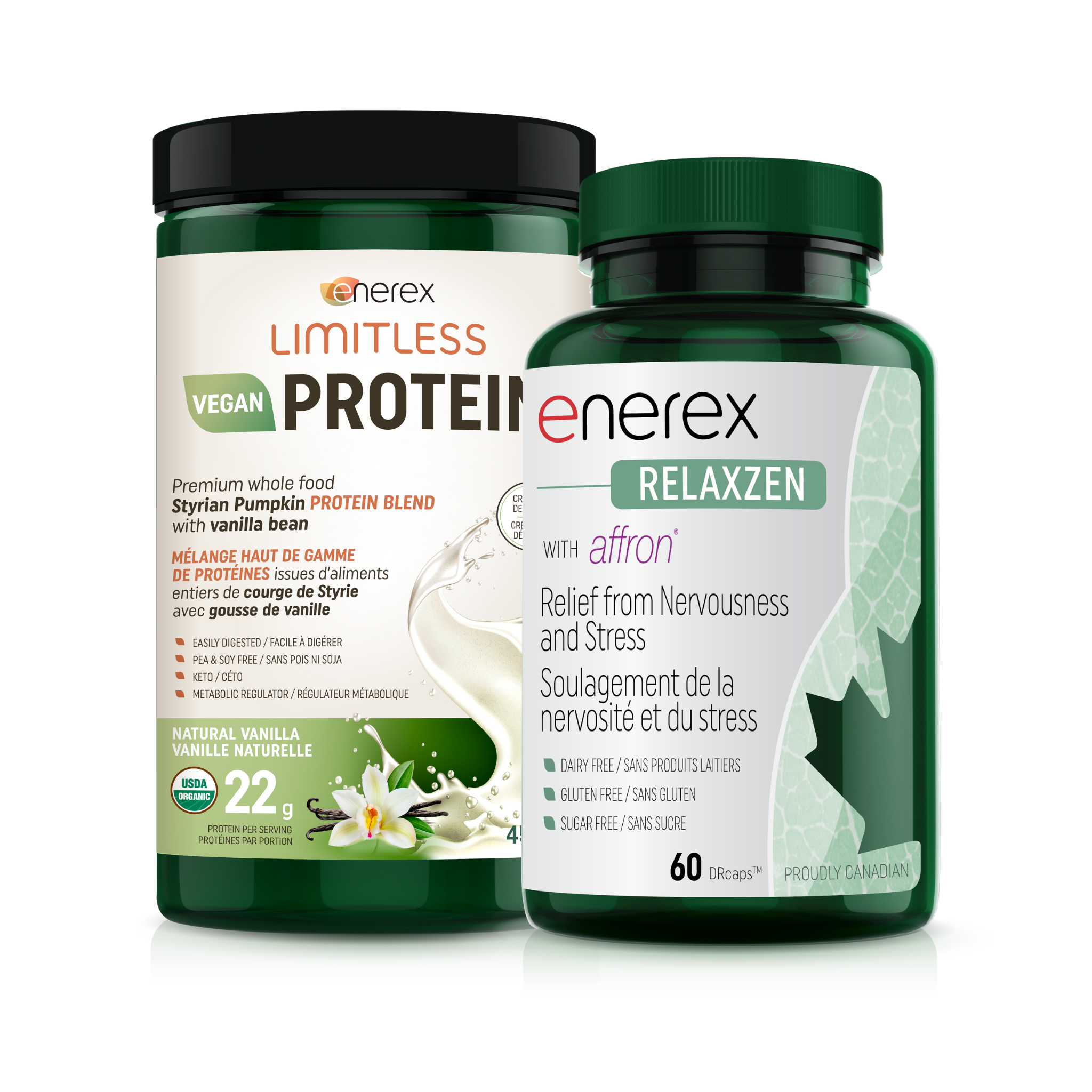
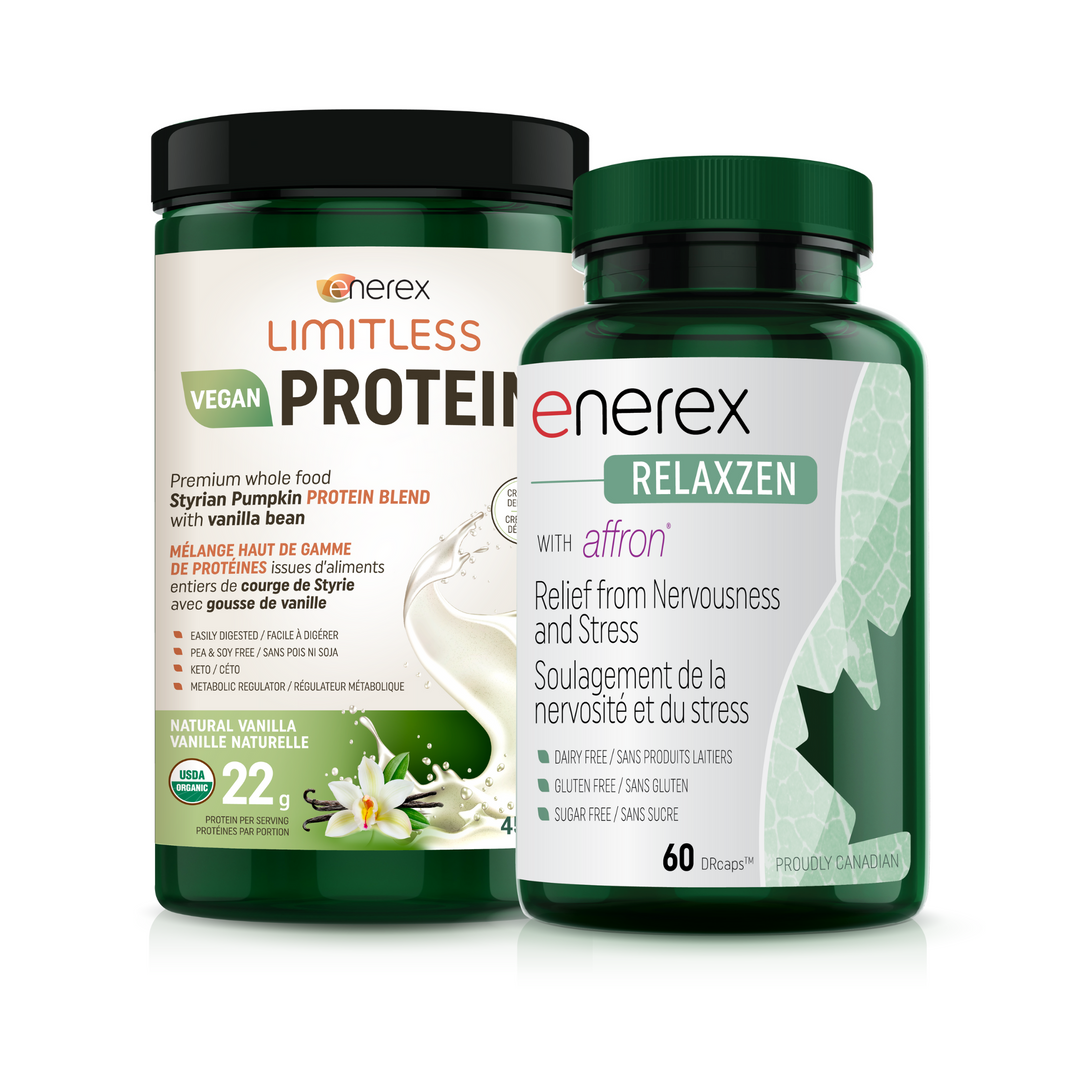
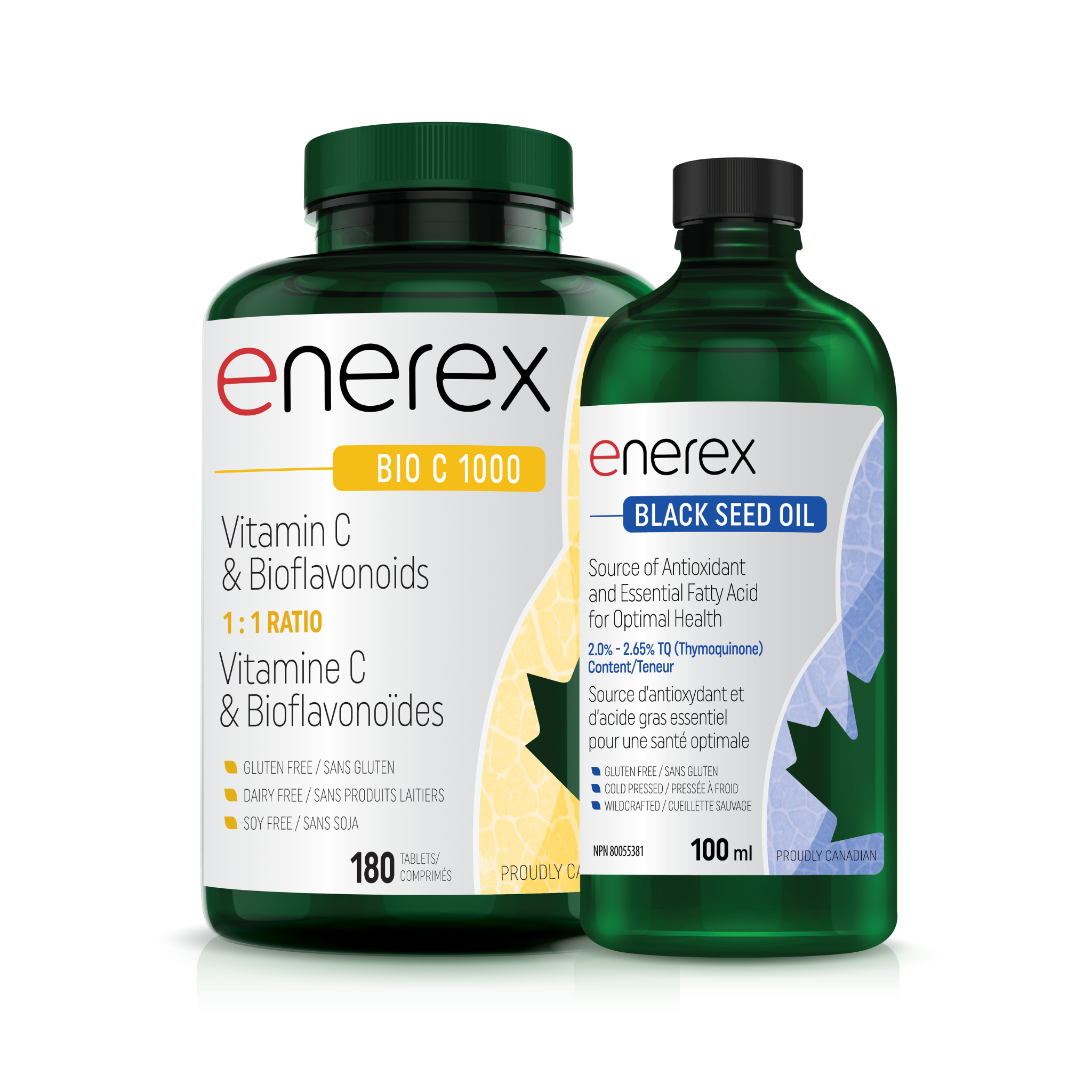
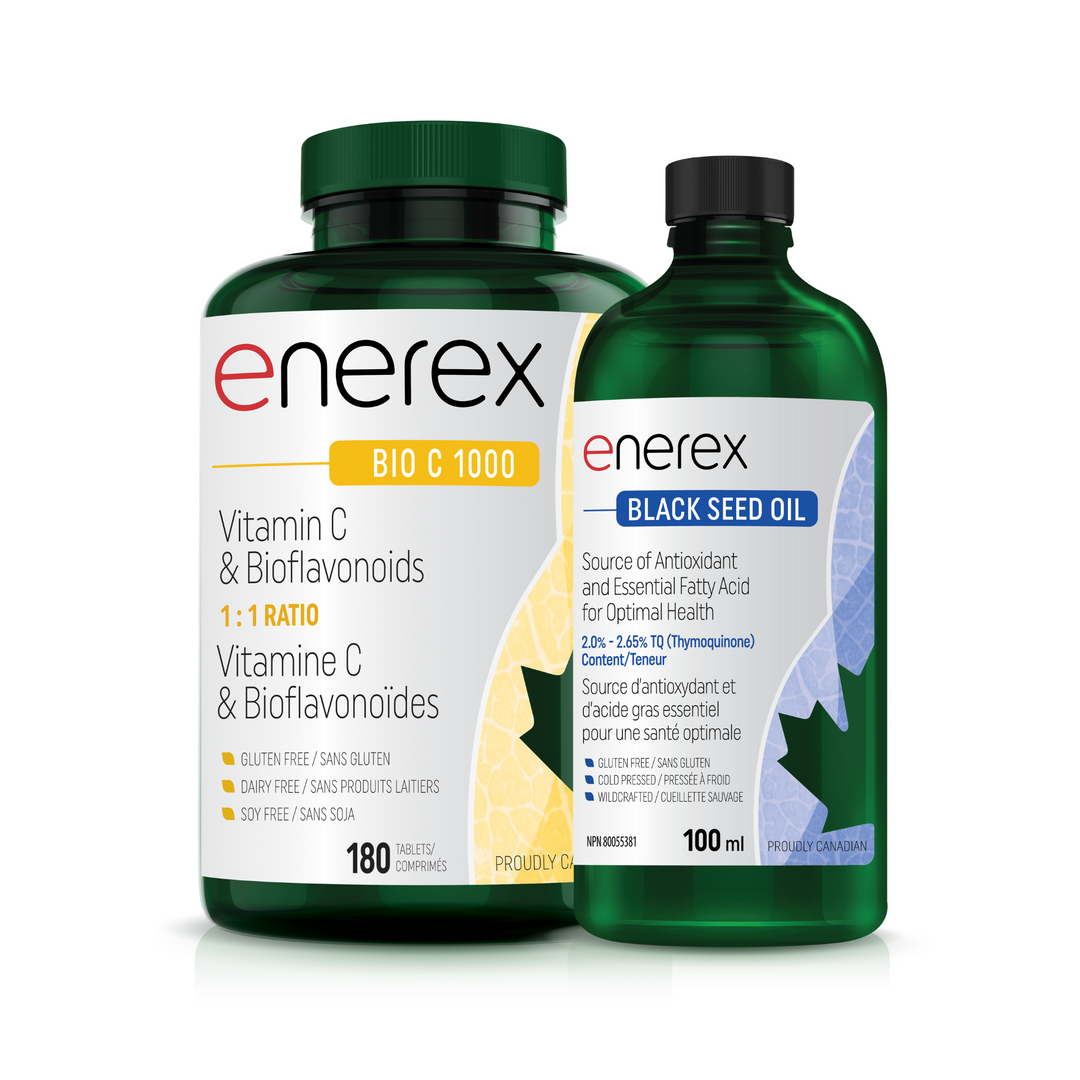
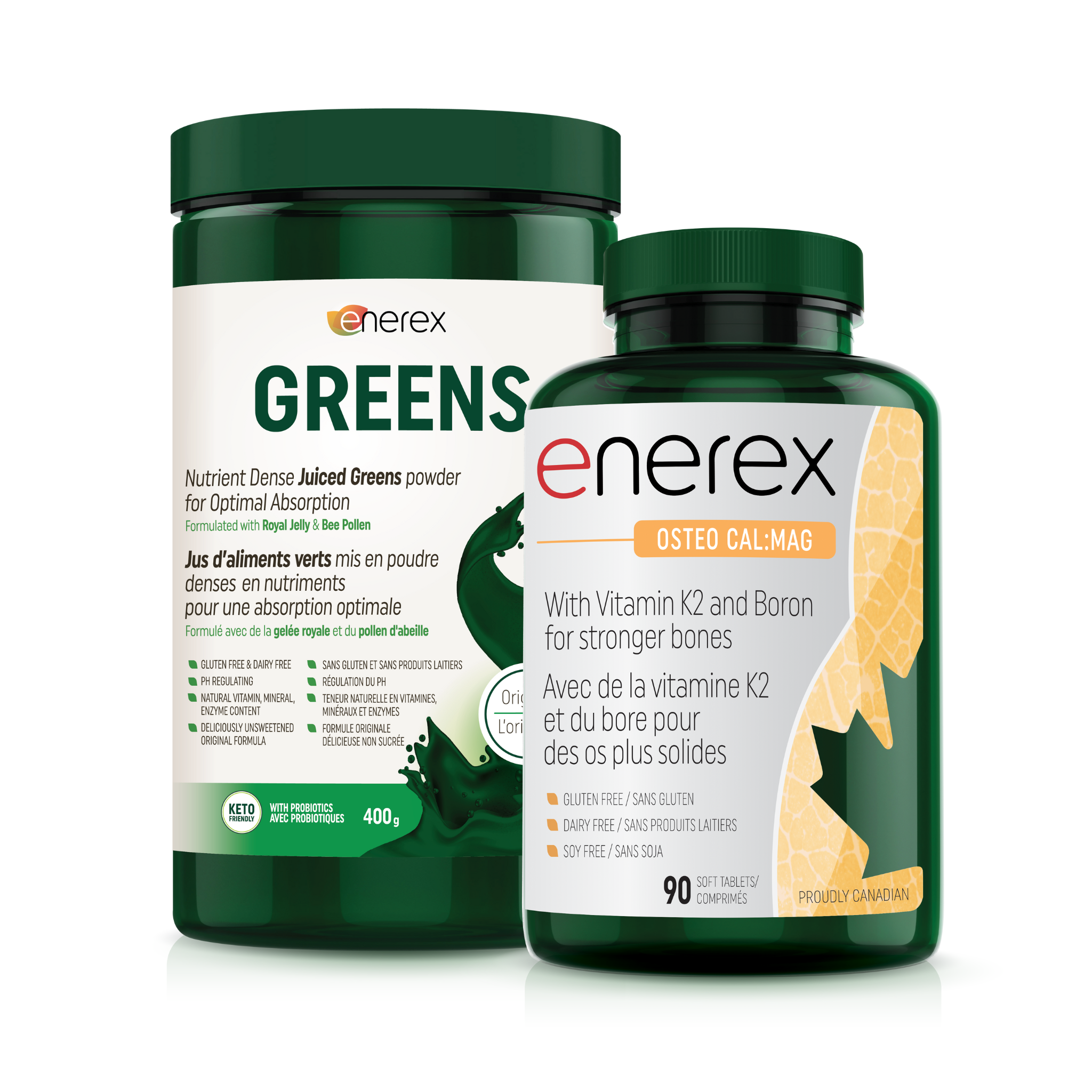
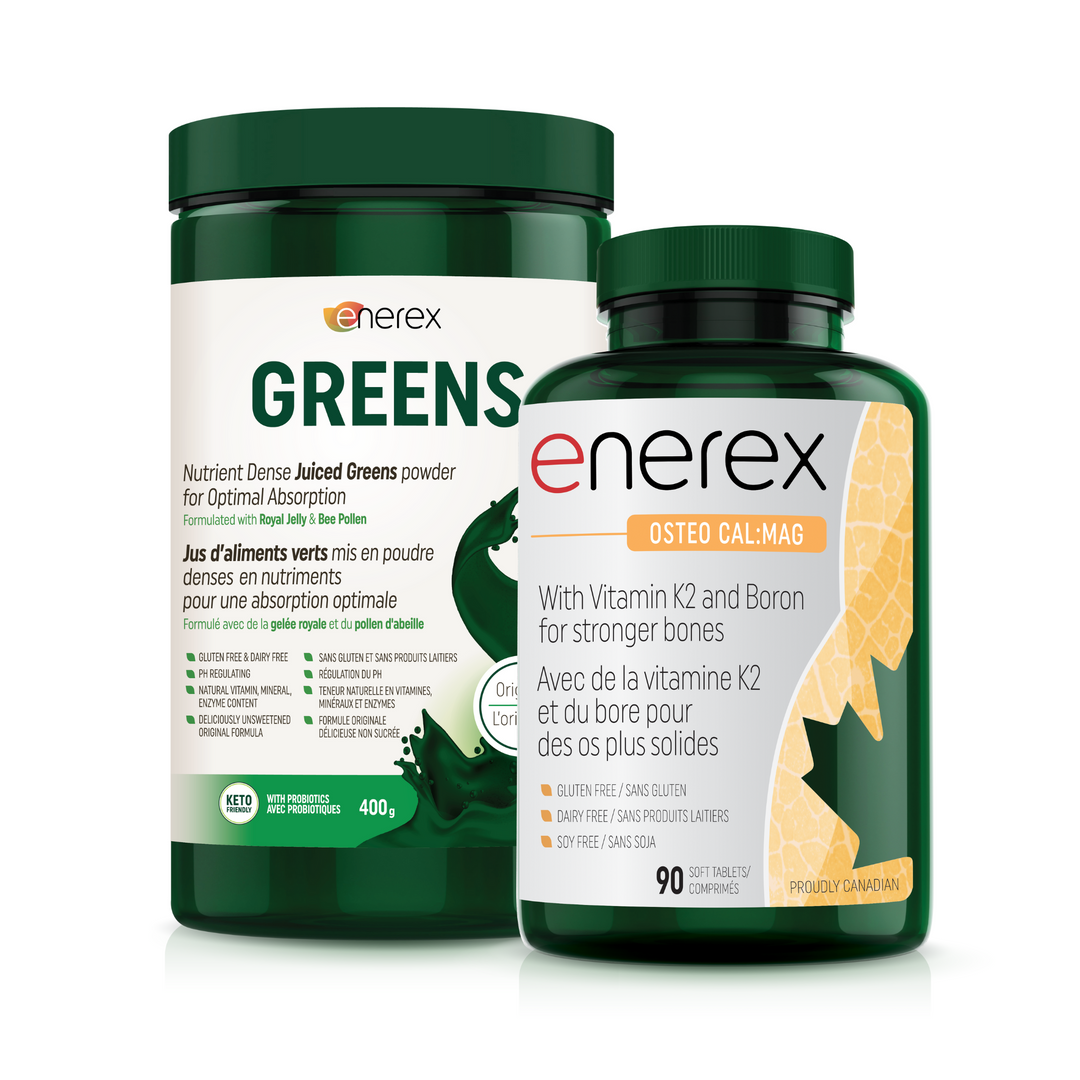
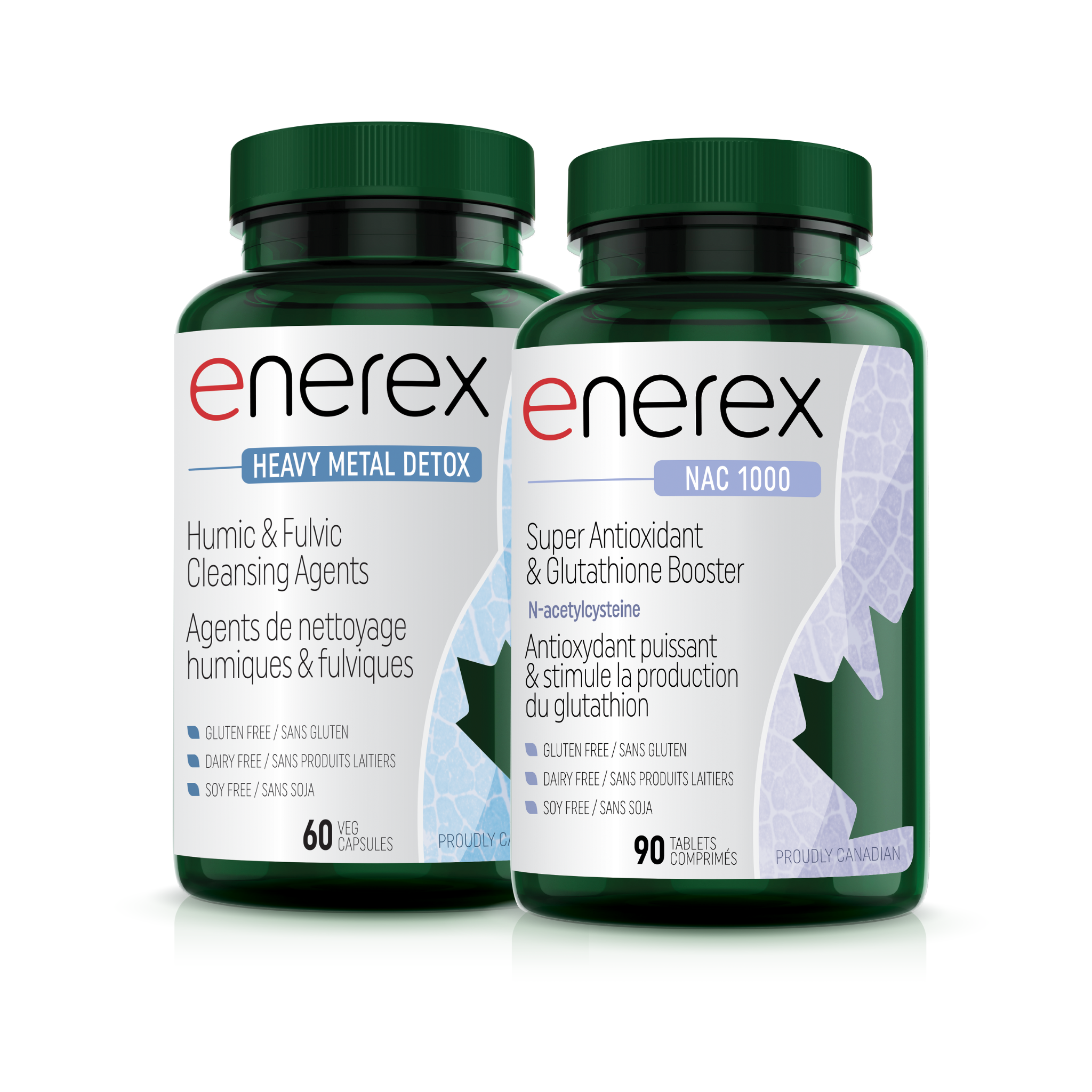
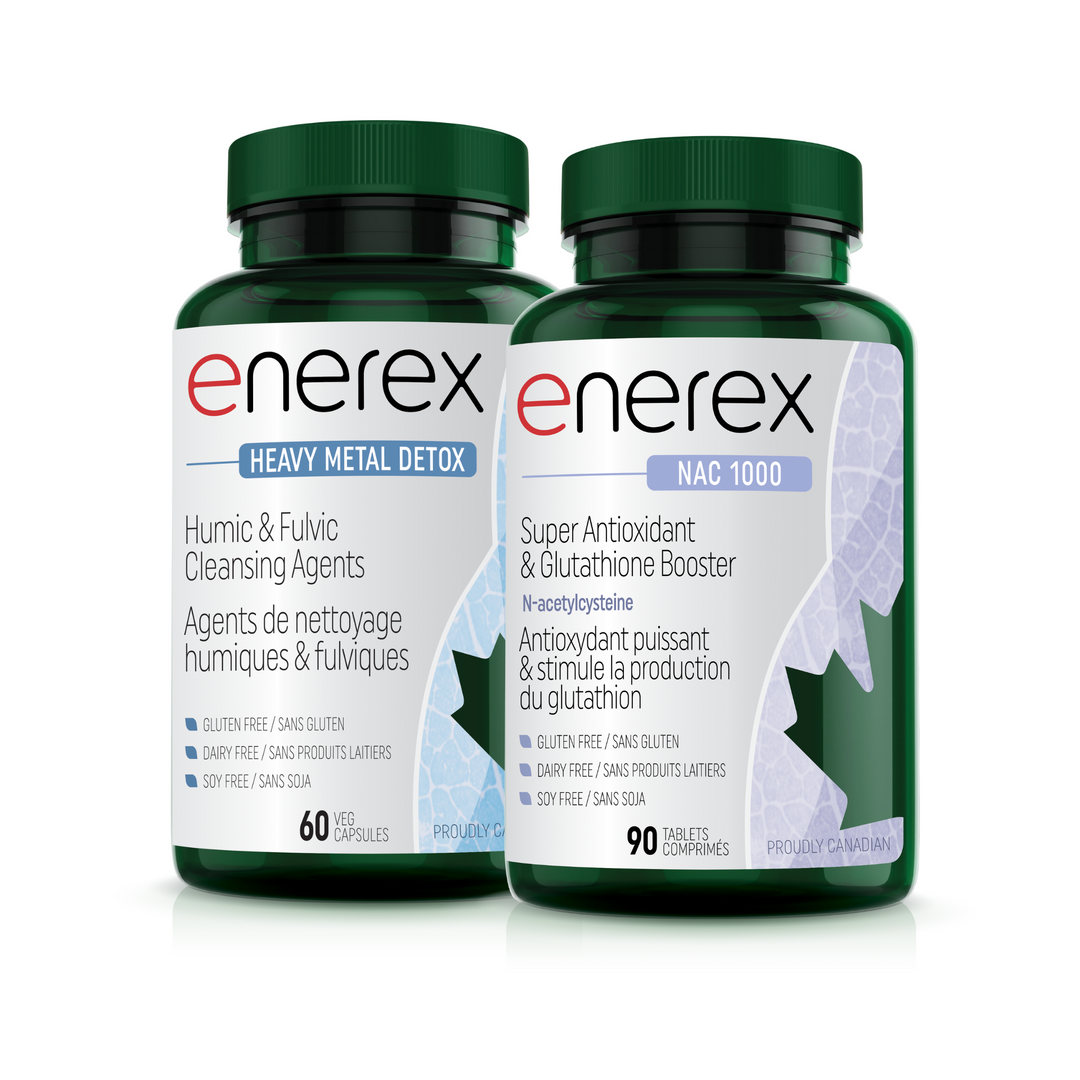
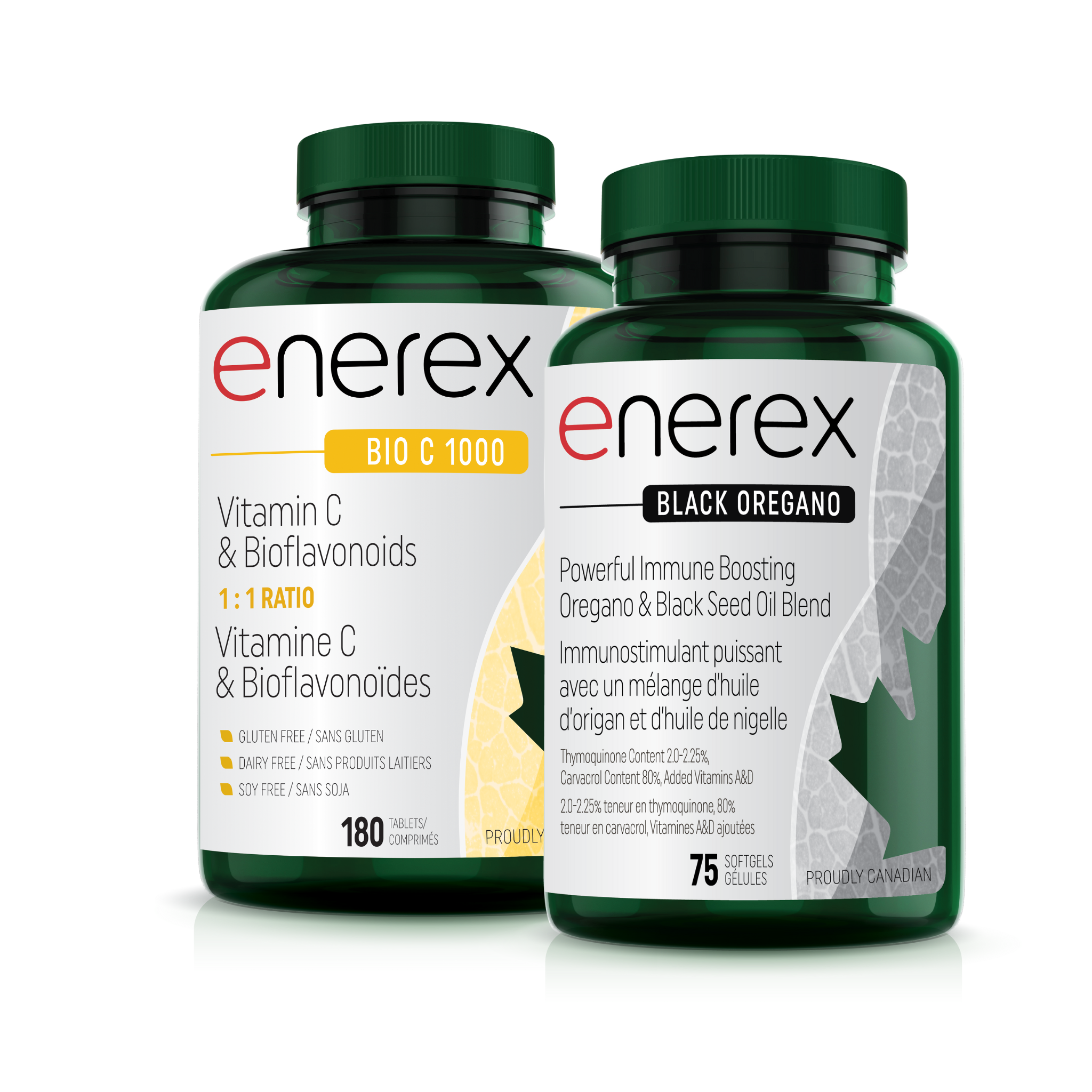
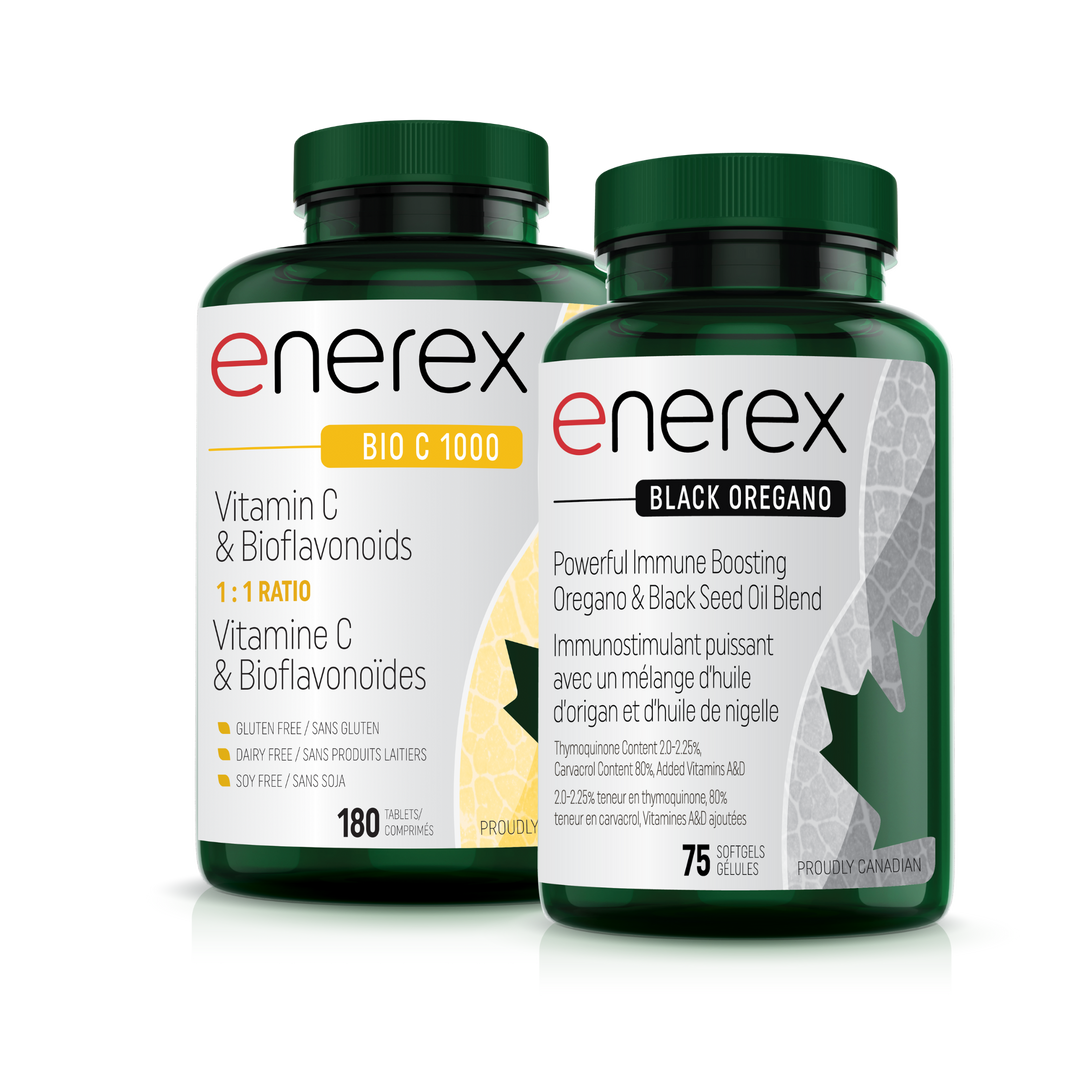
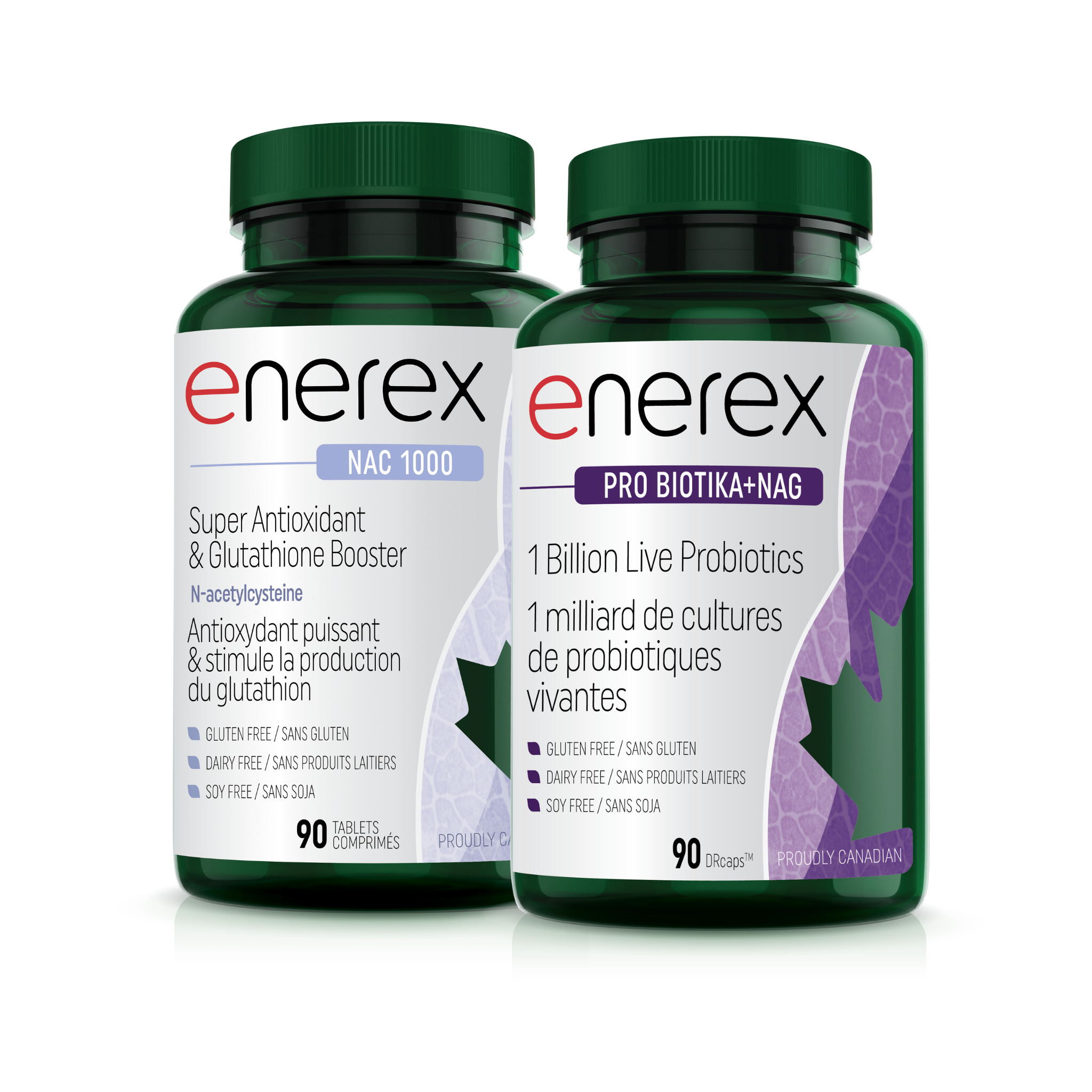
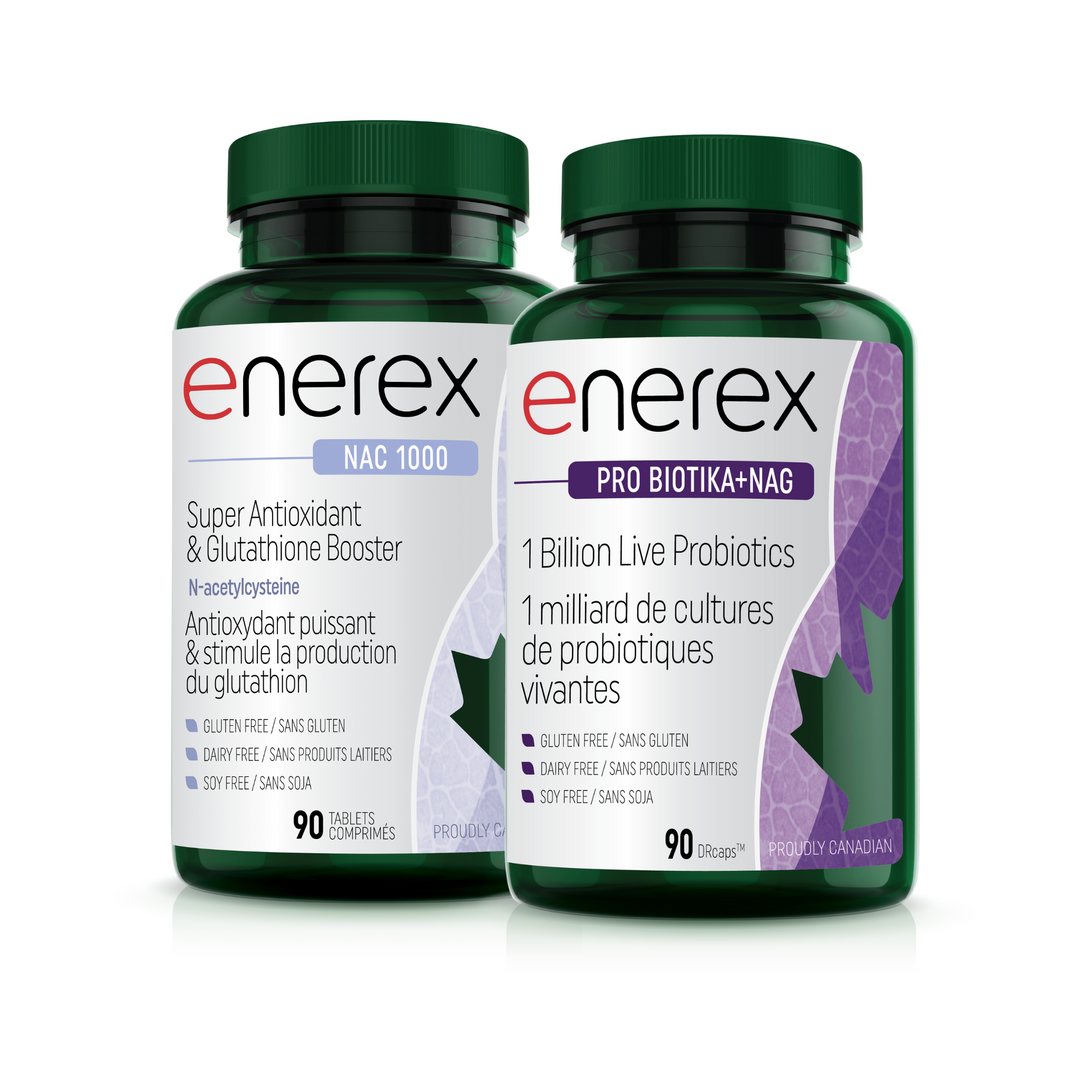
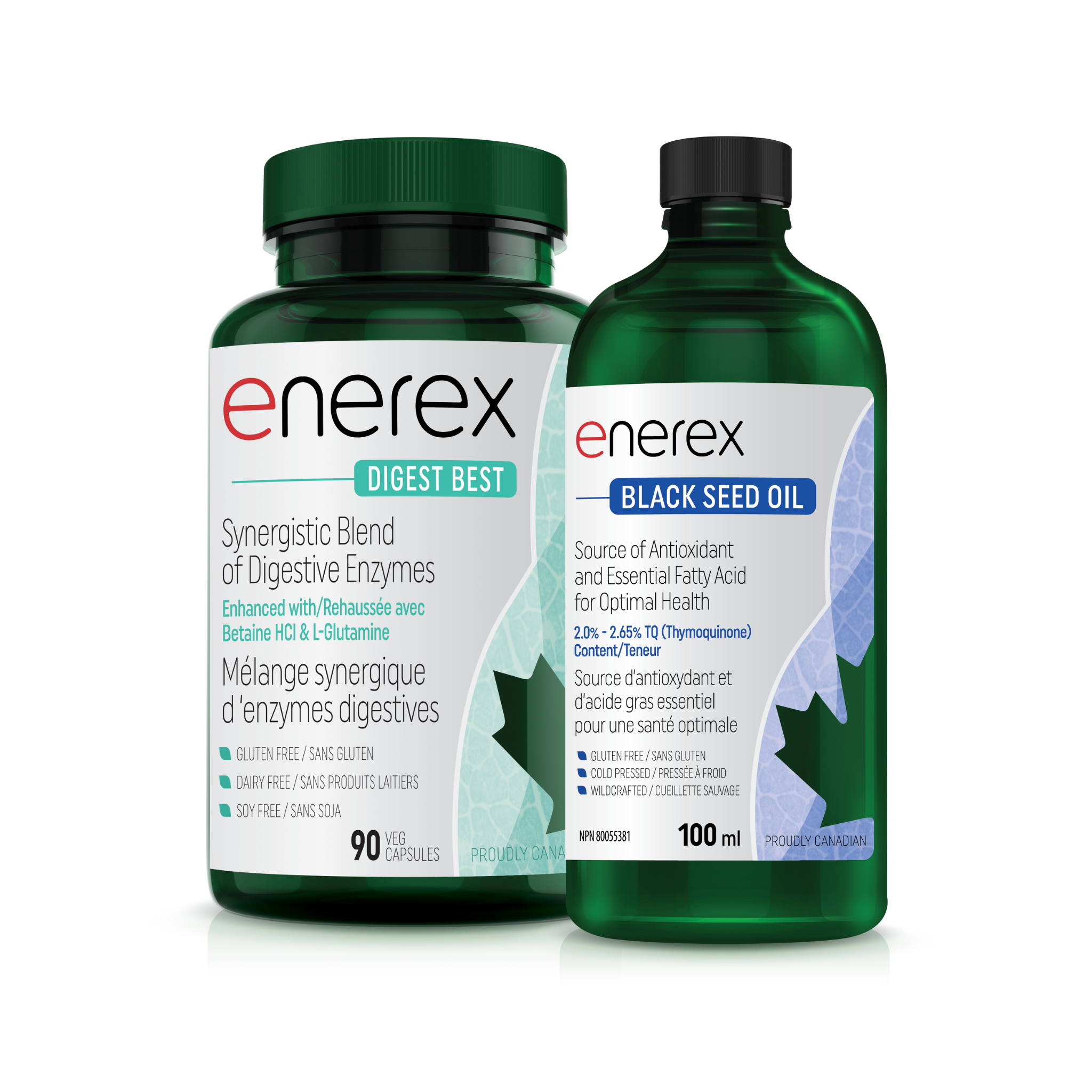
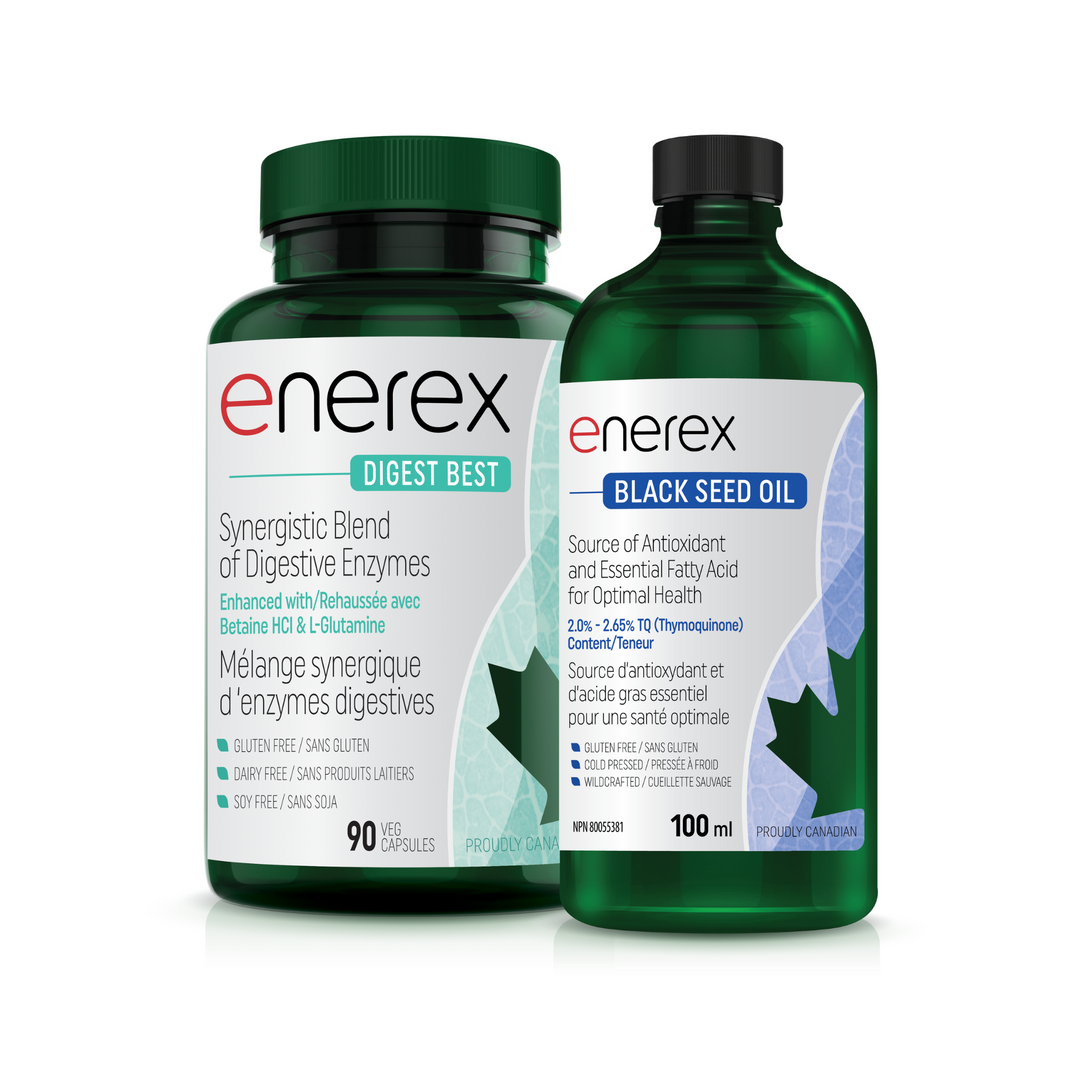
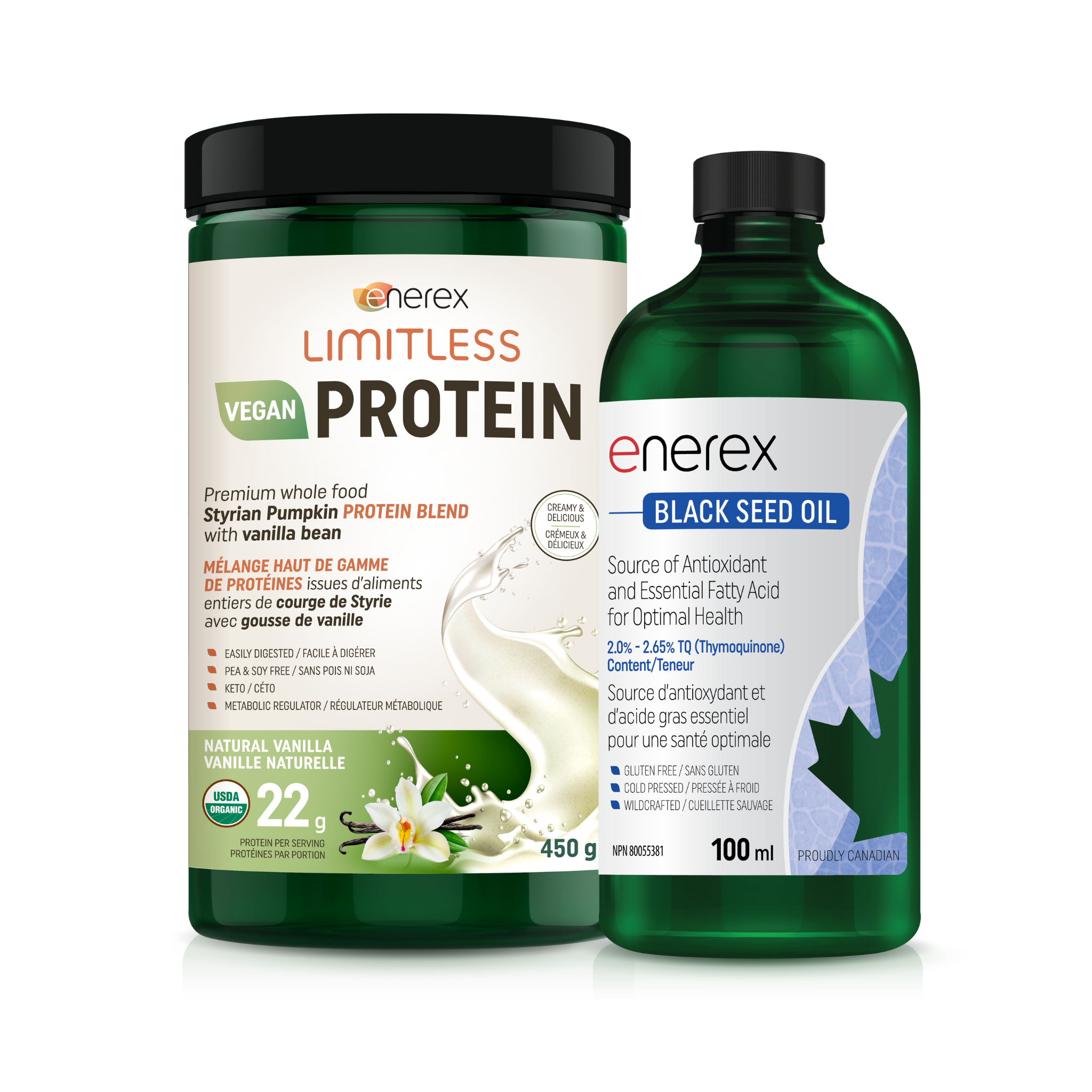
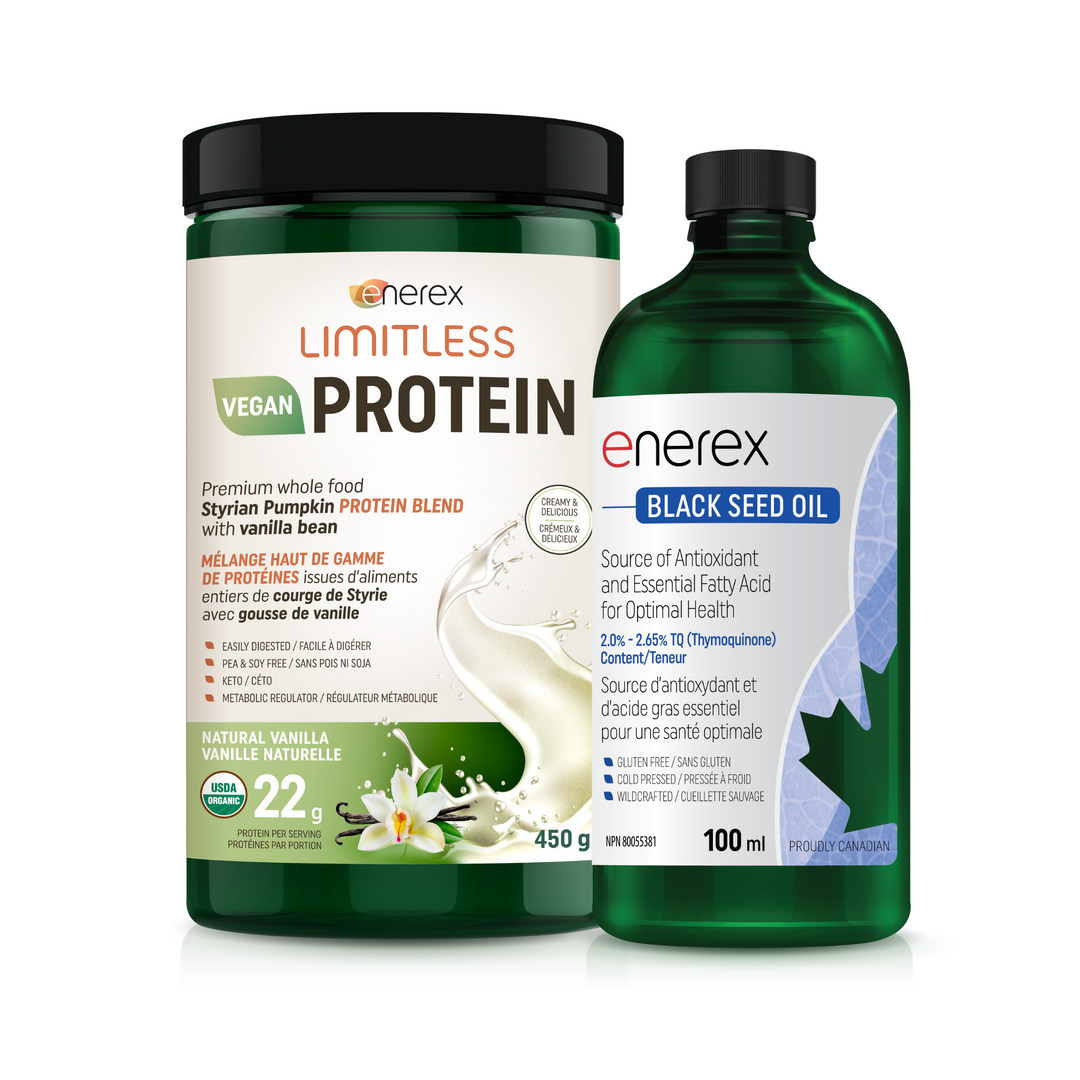
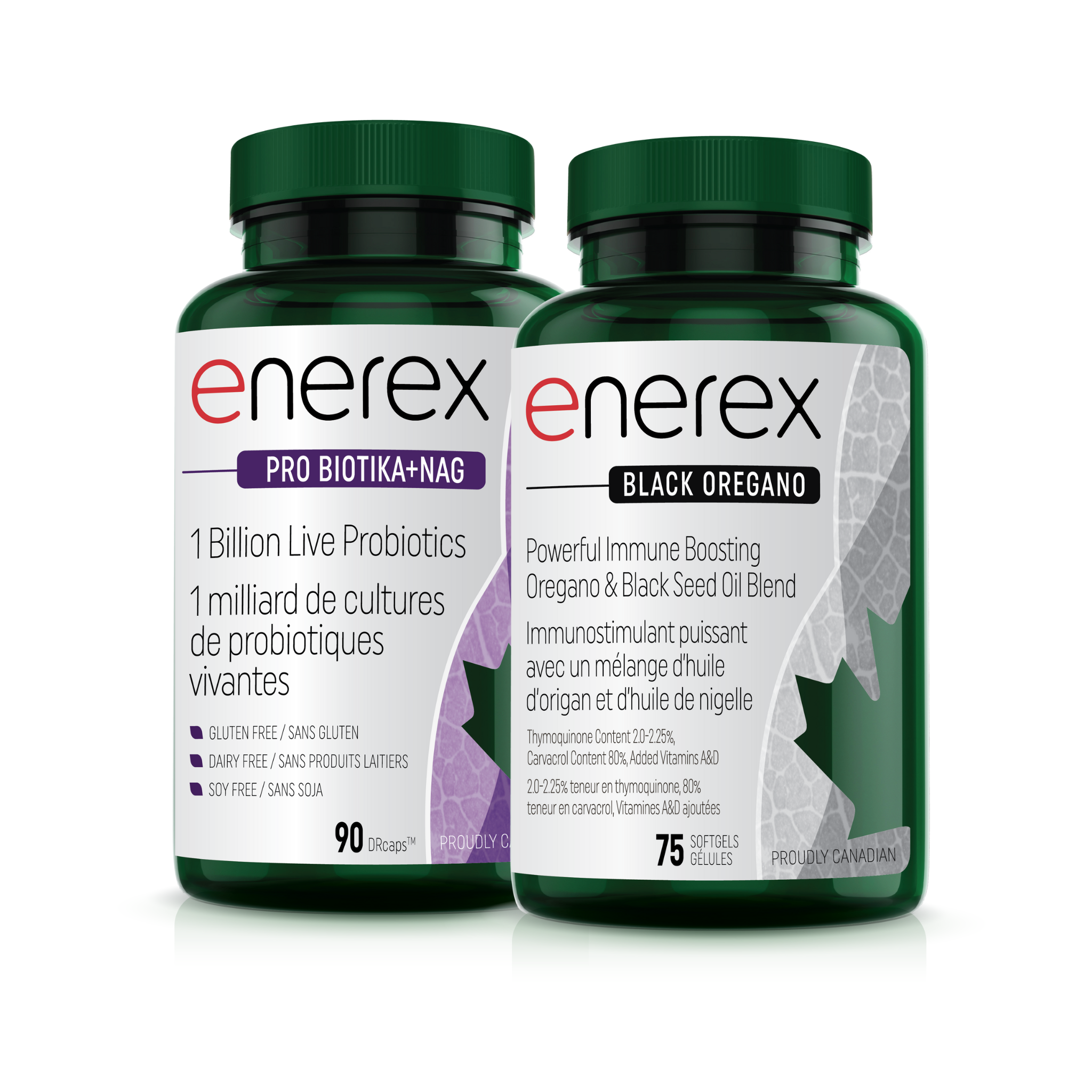
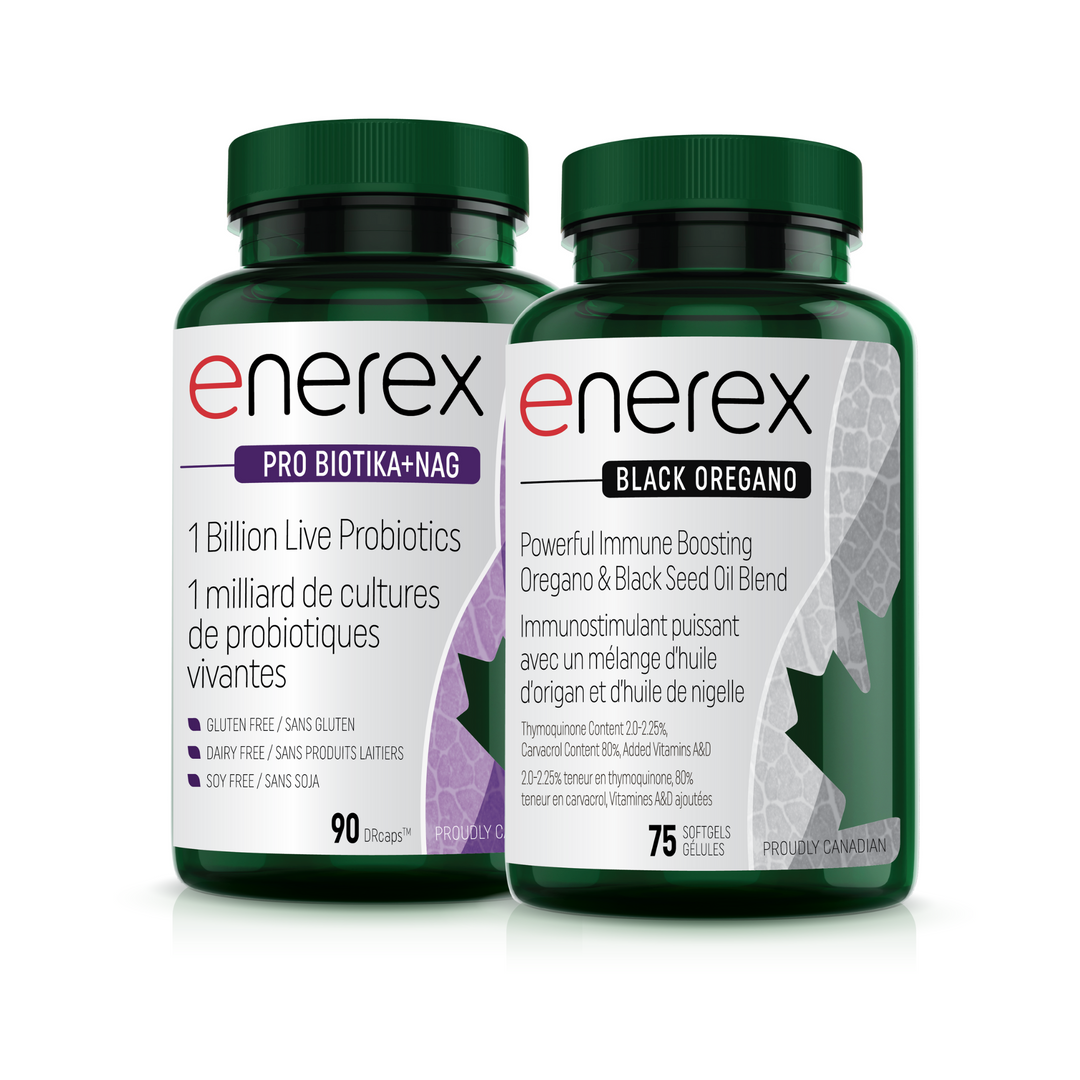
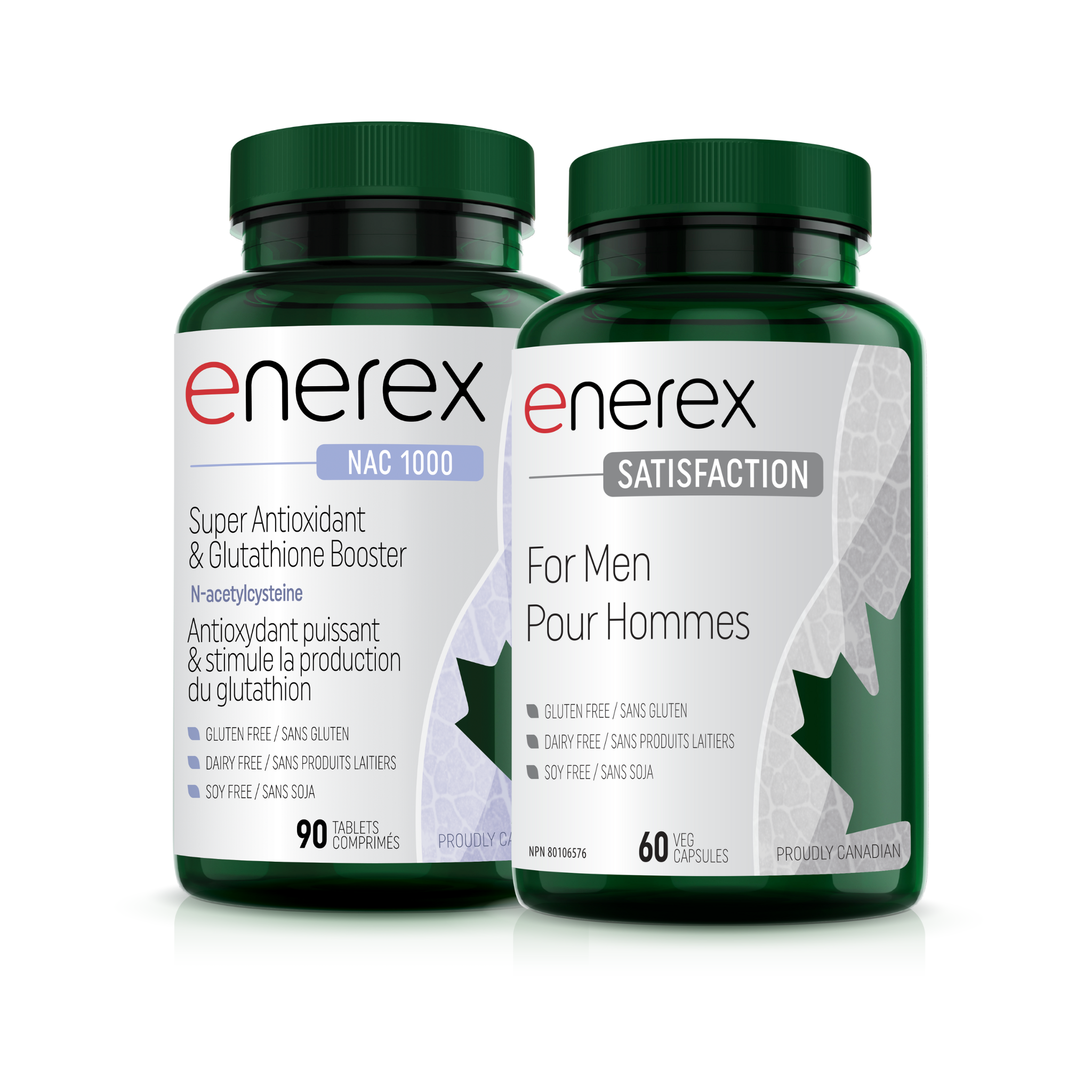
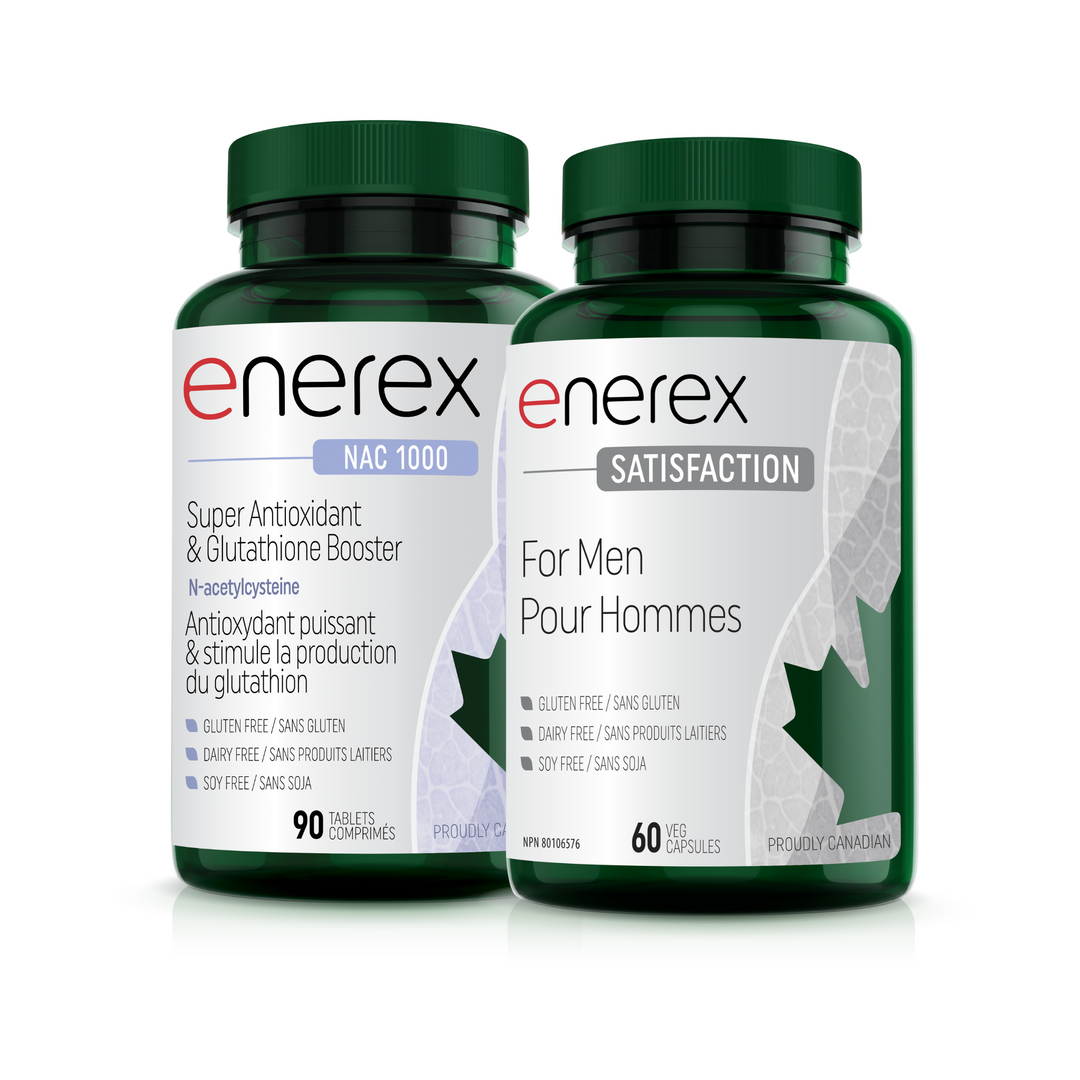
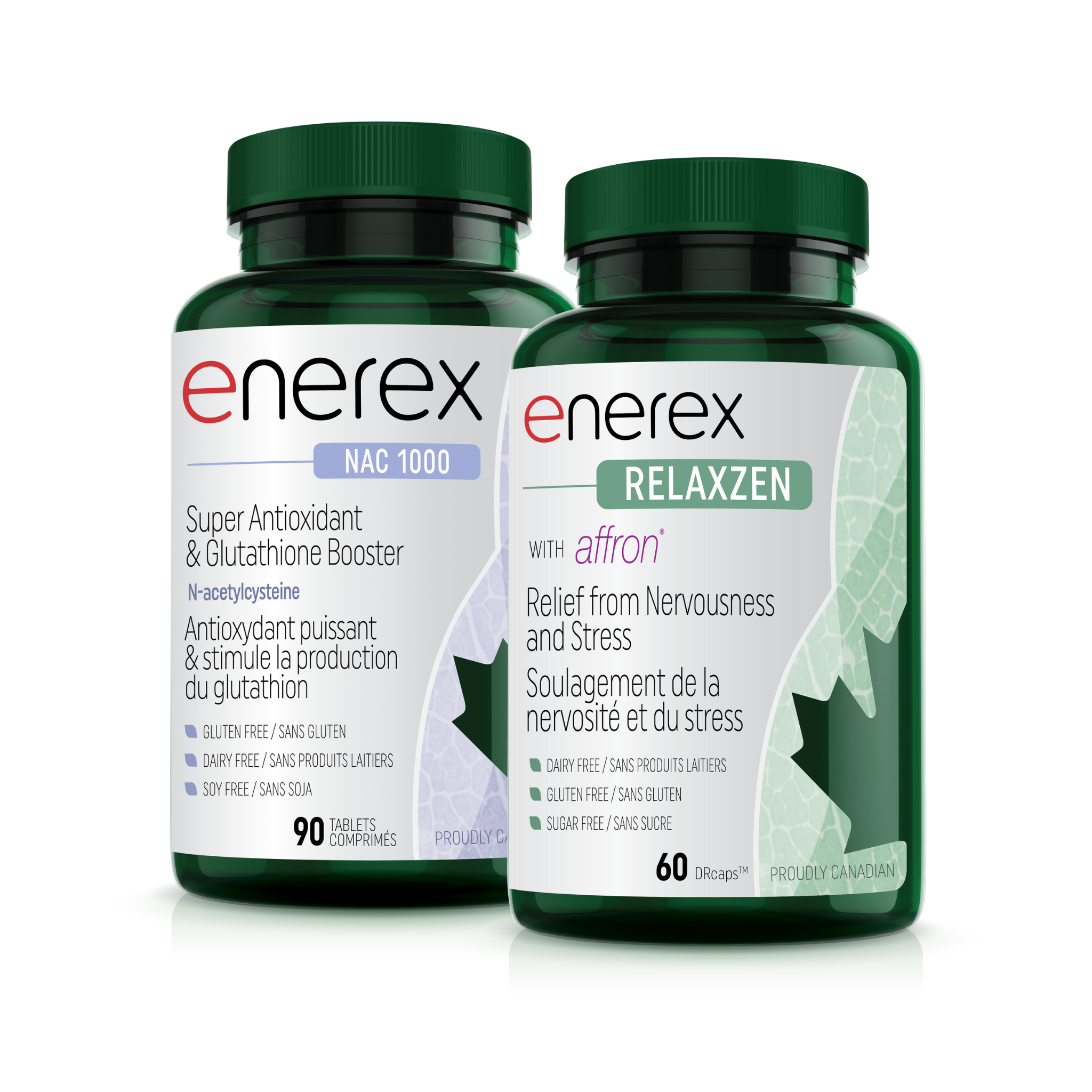
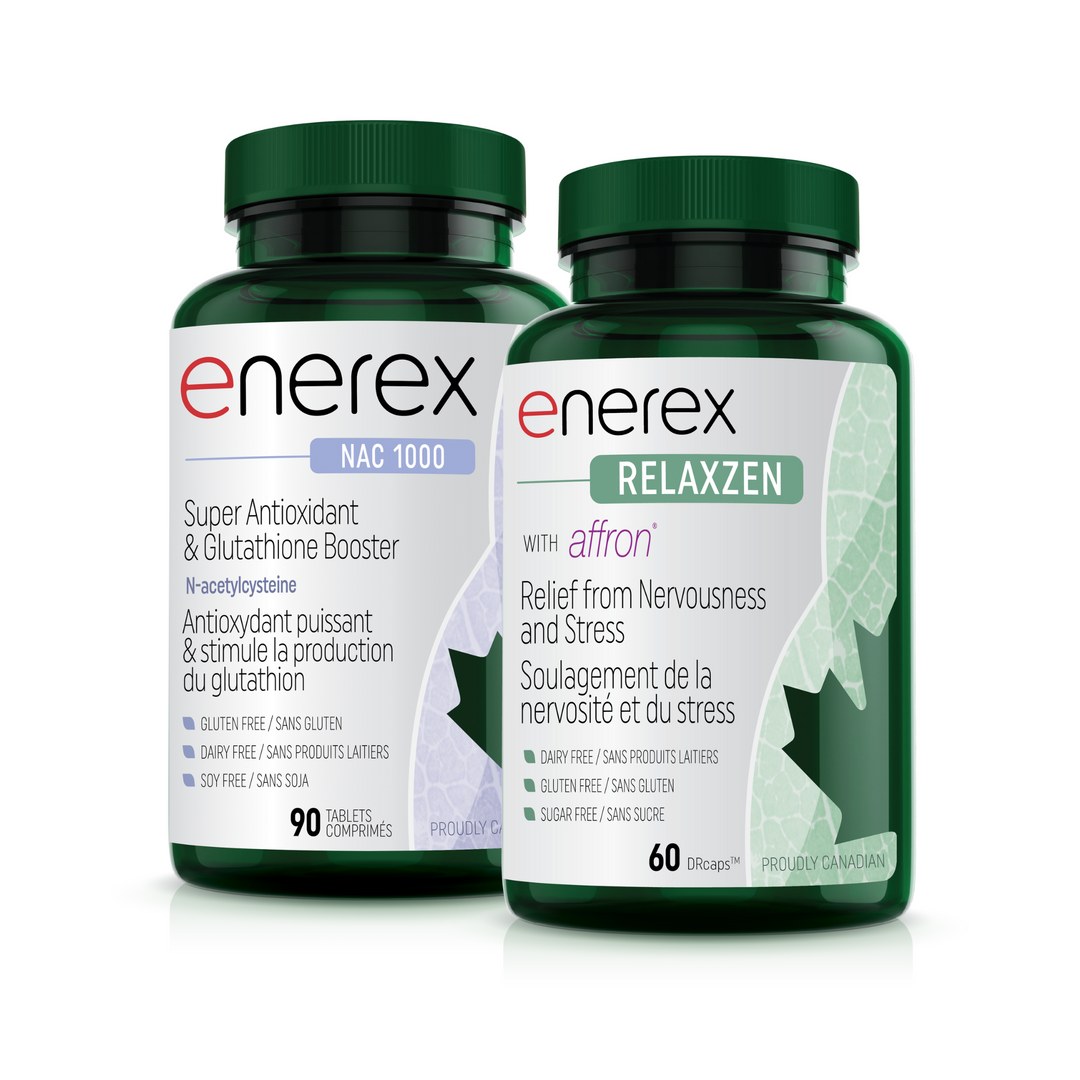
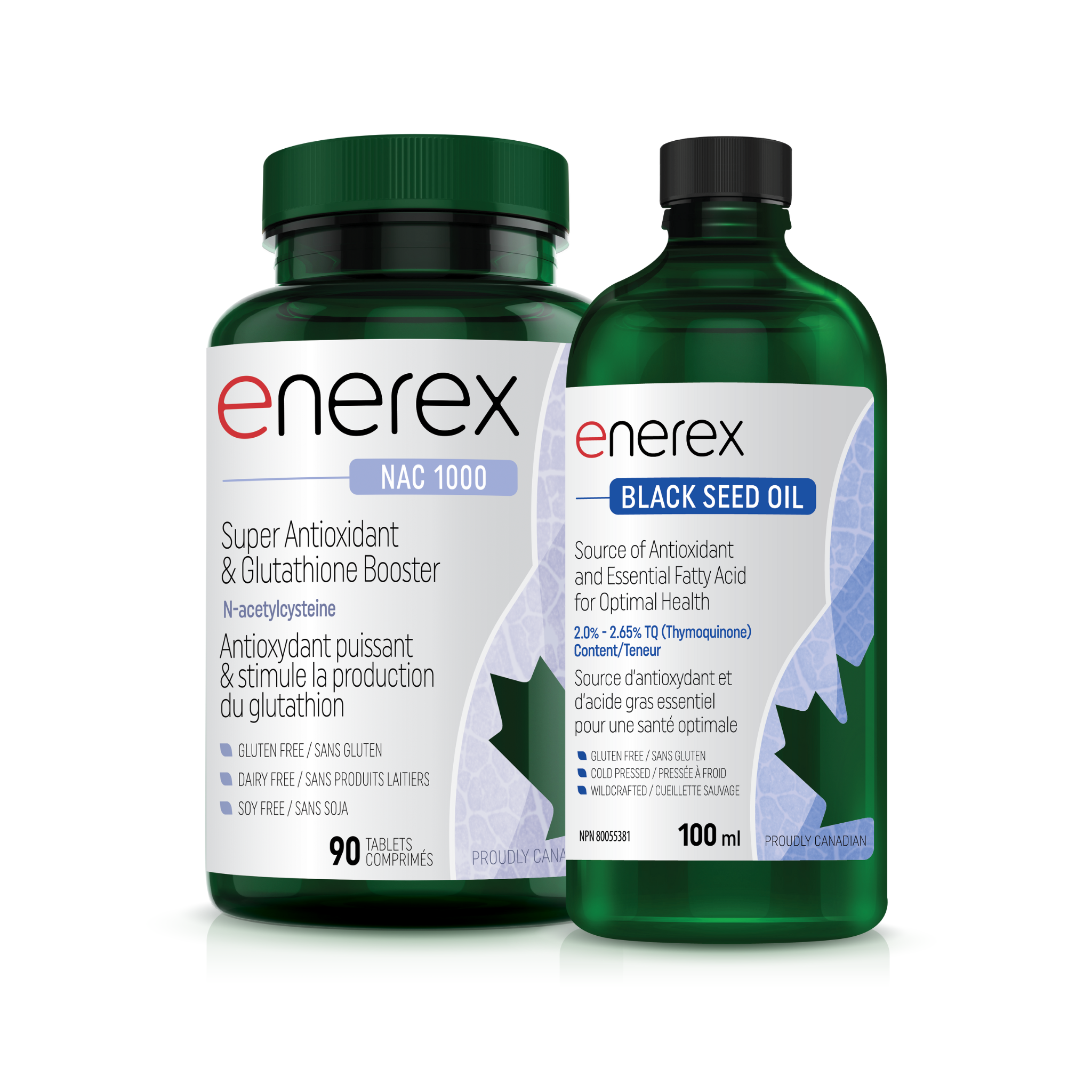
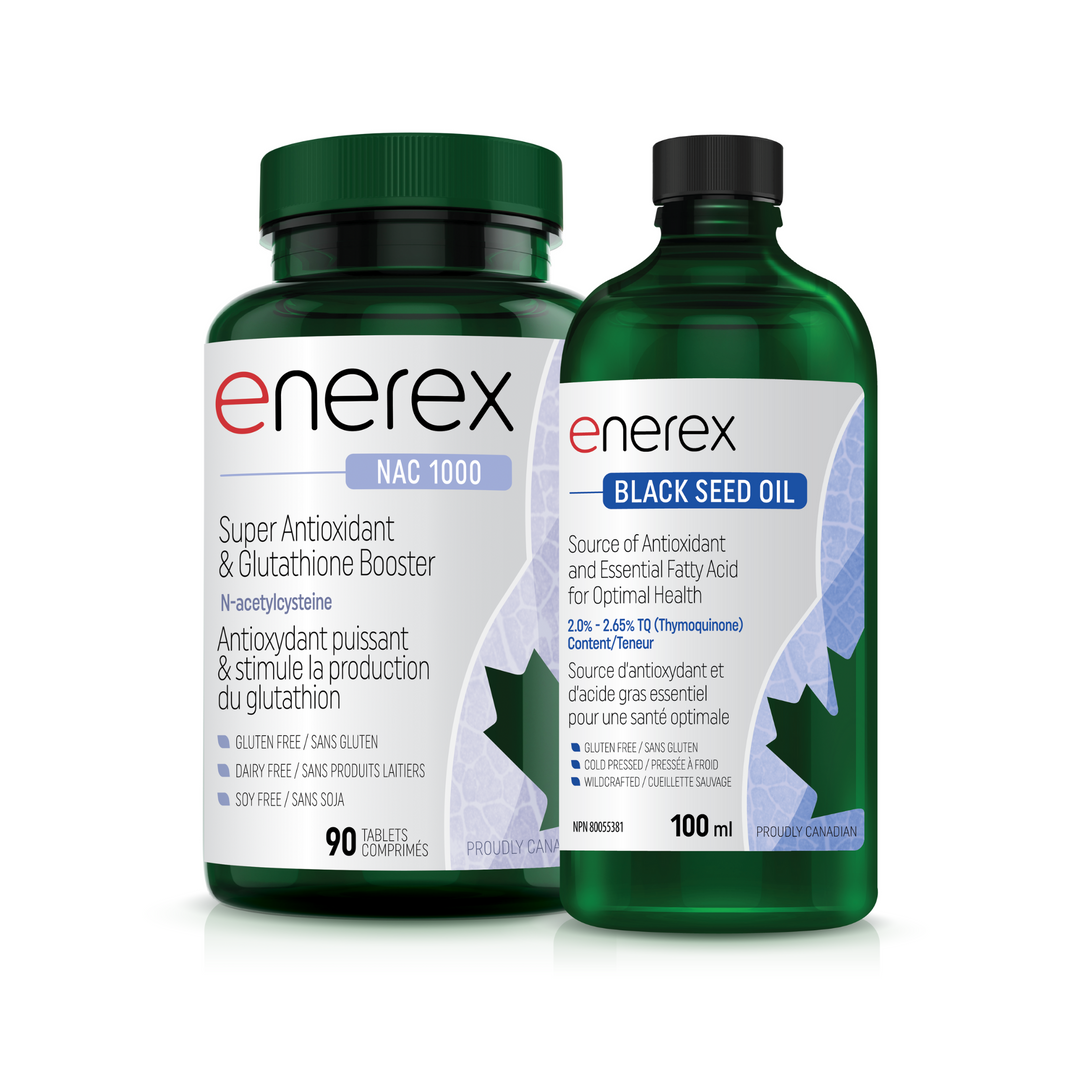
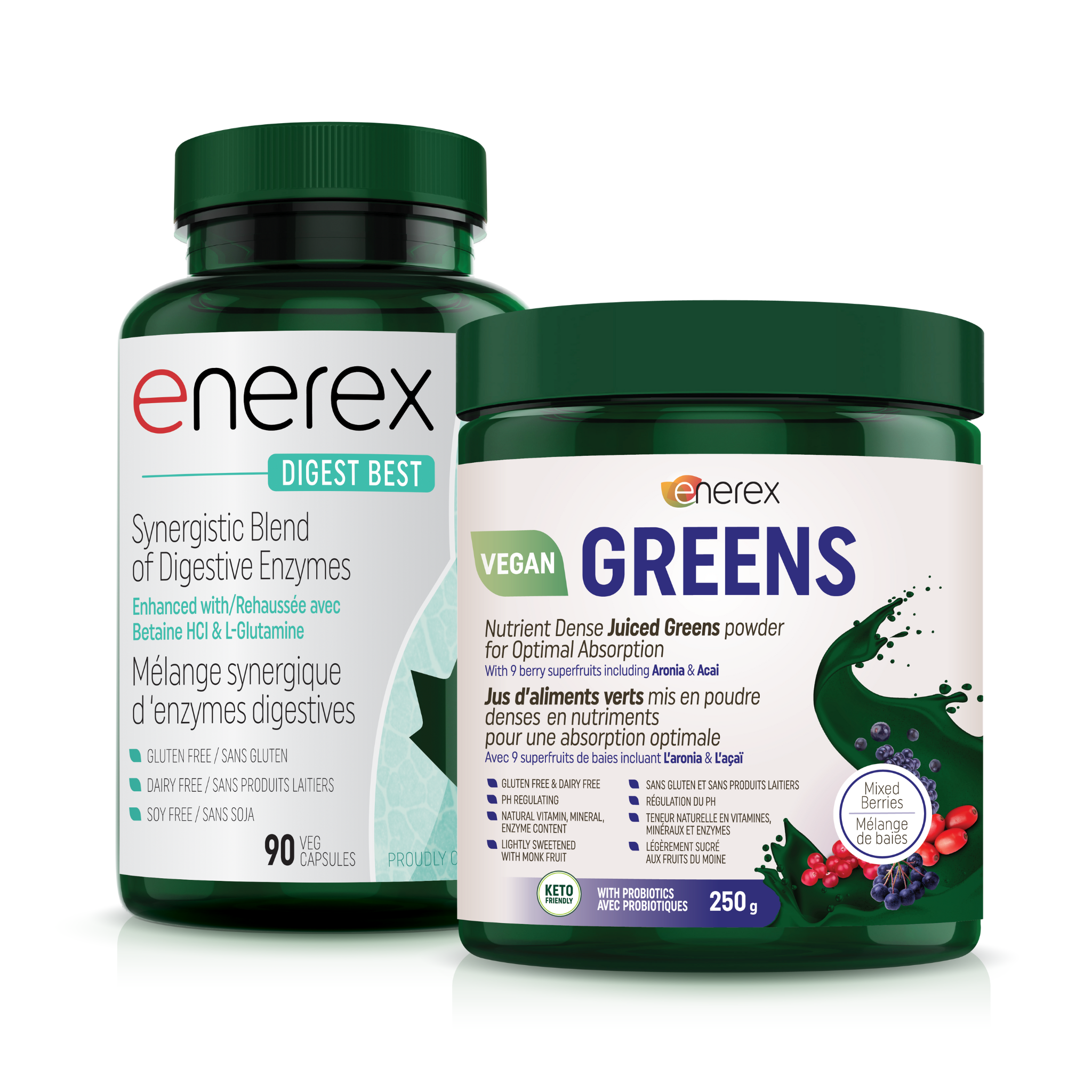
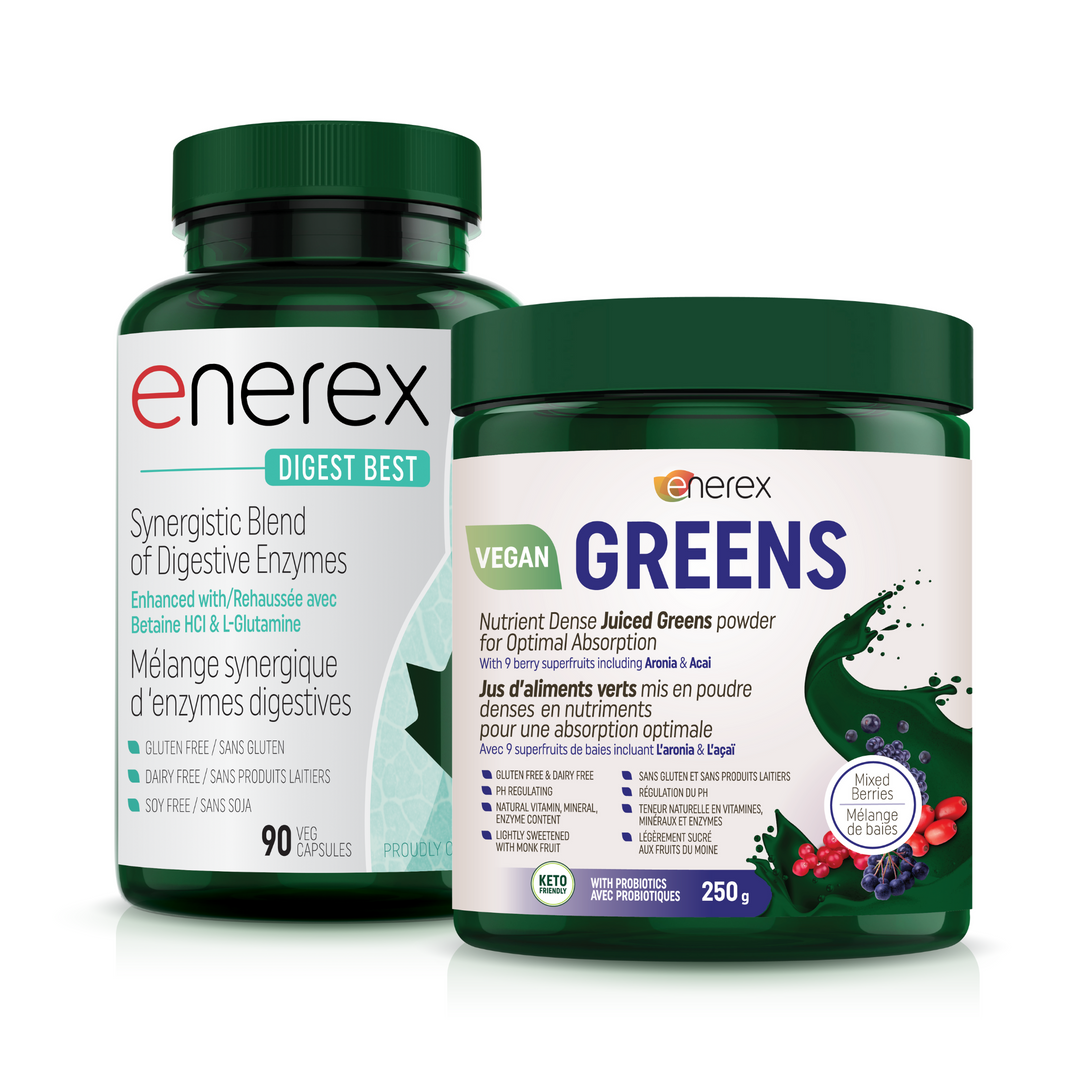
Leave a comment